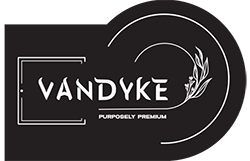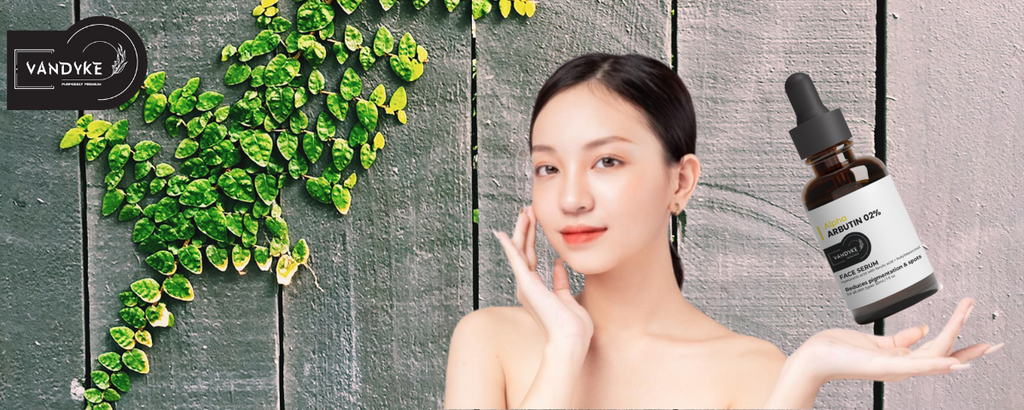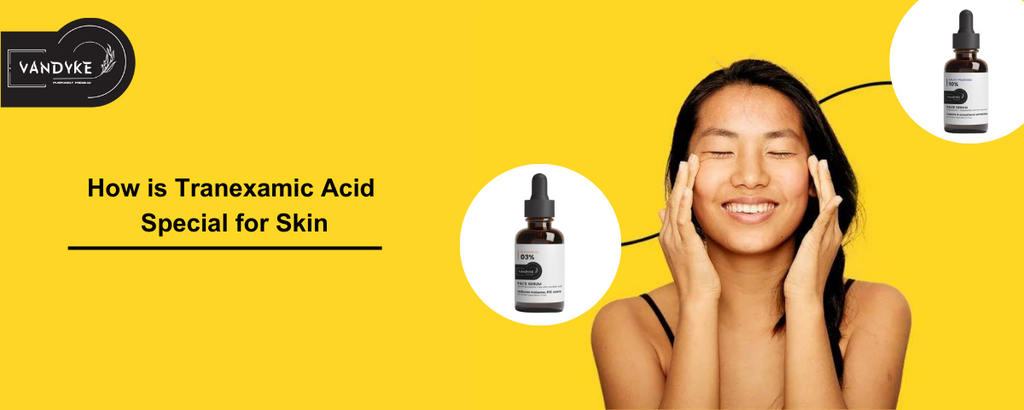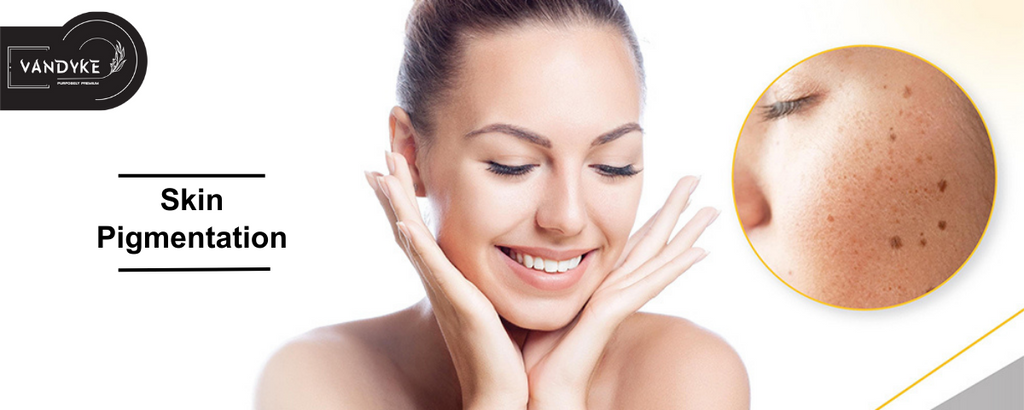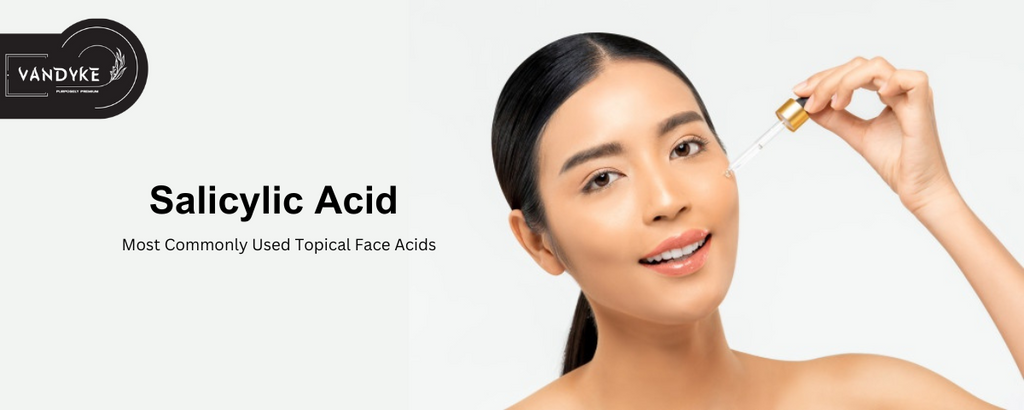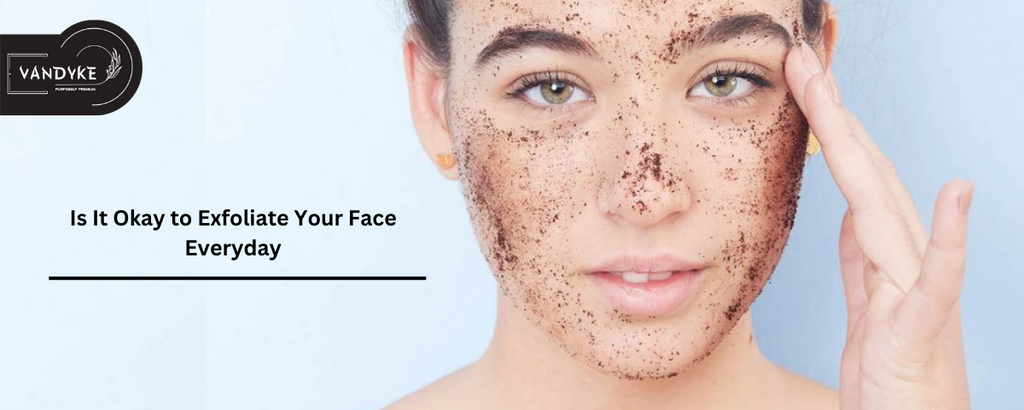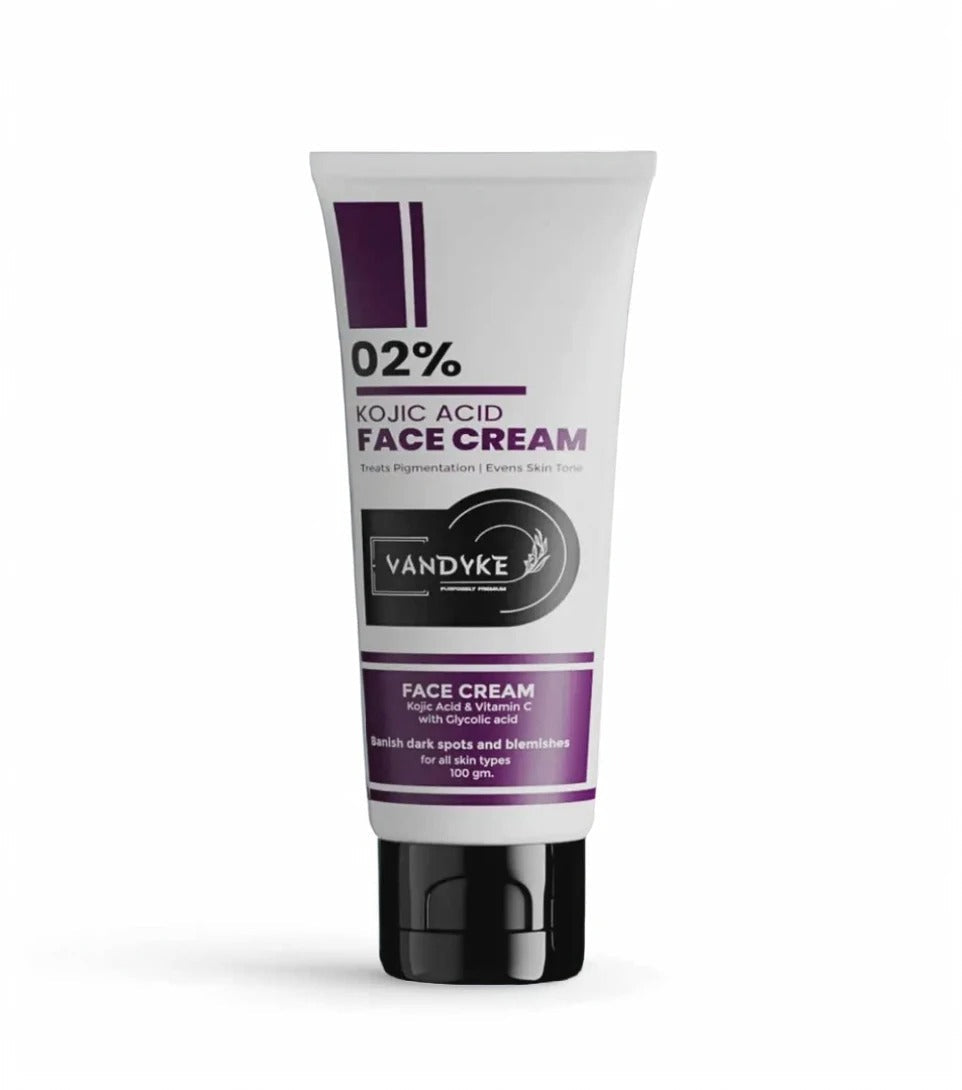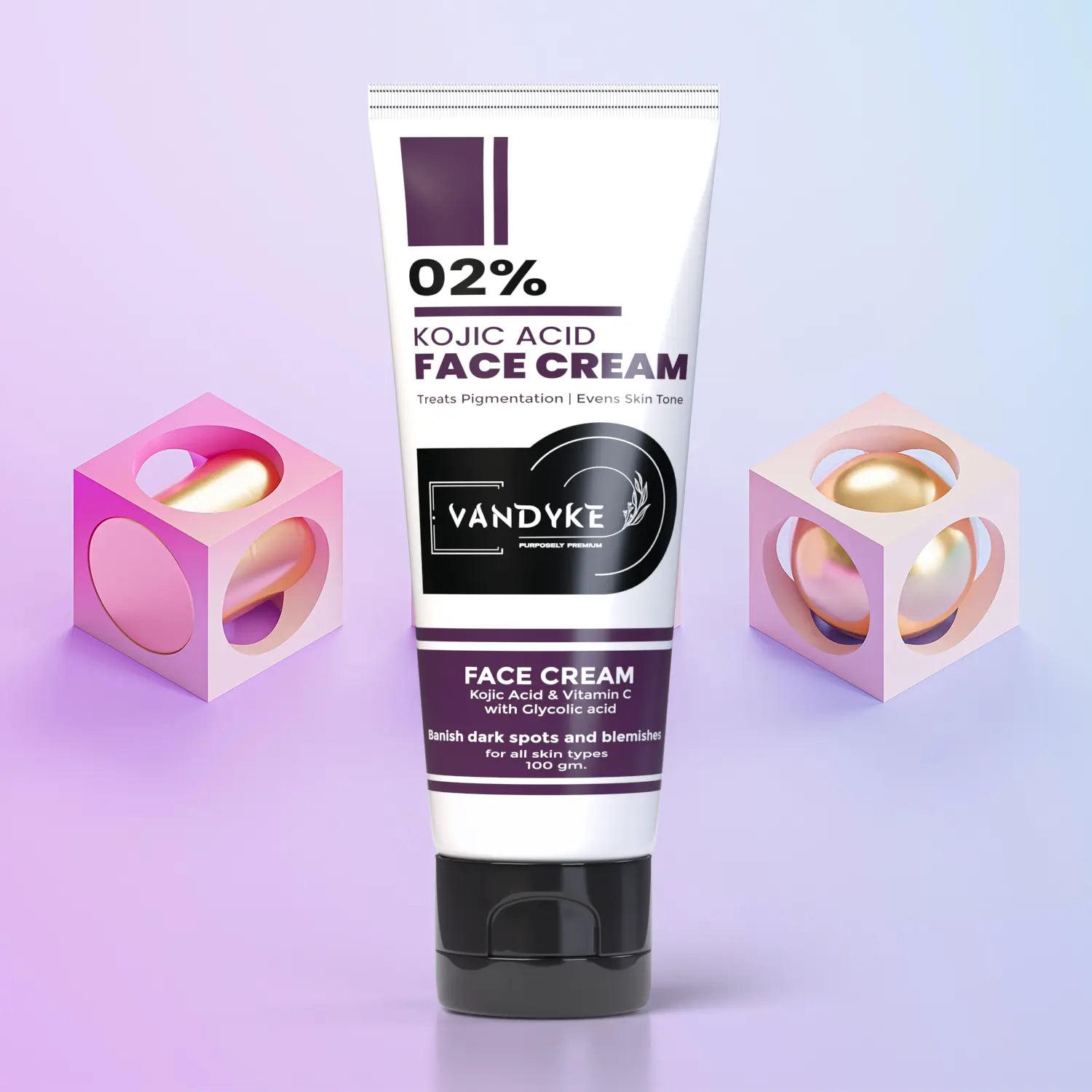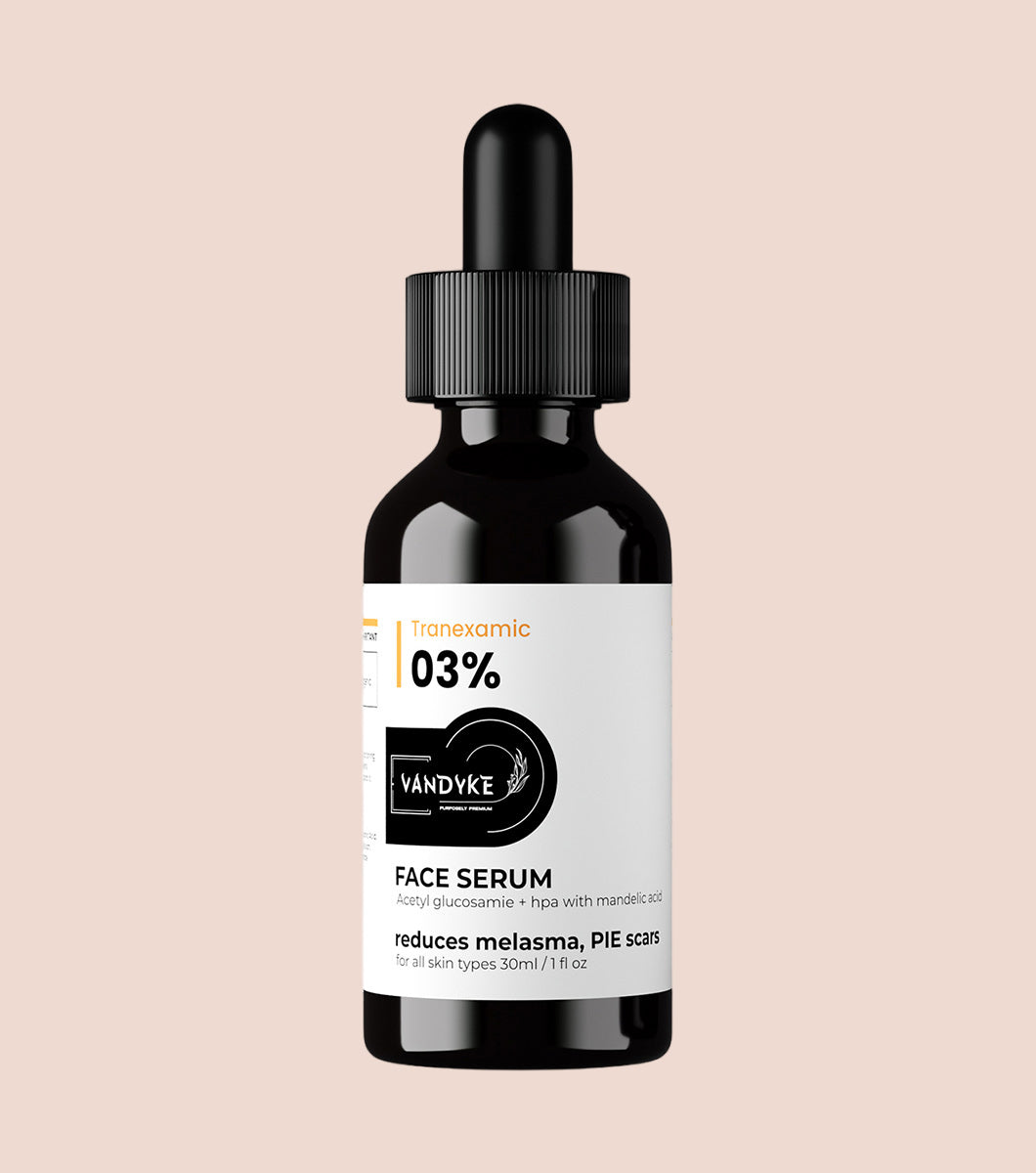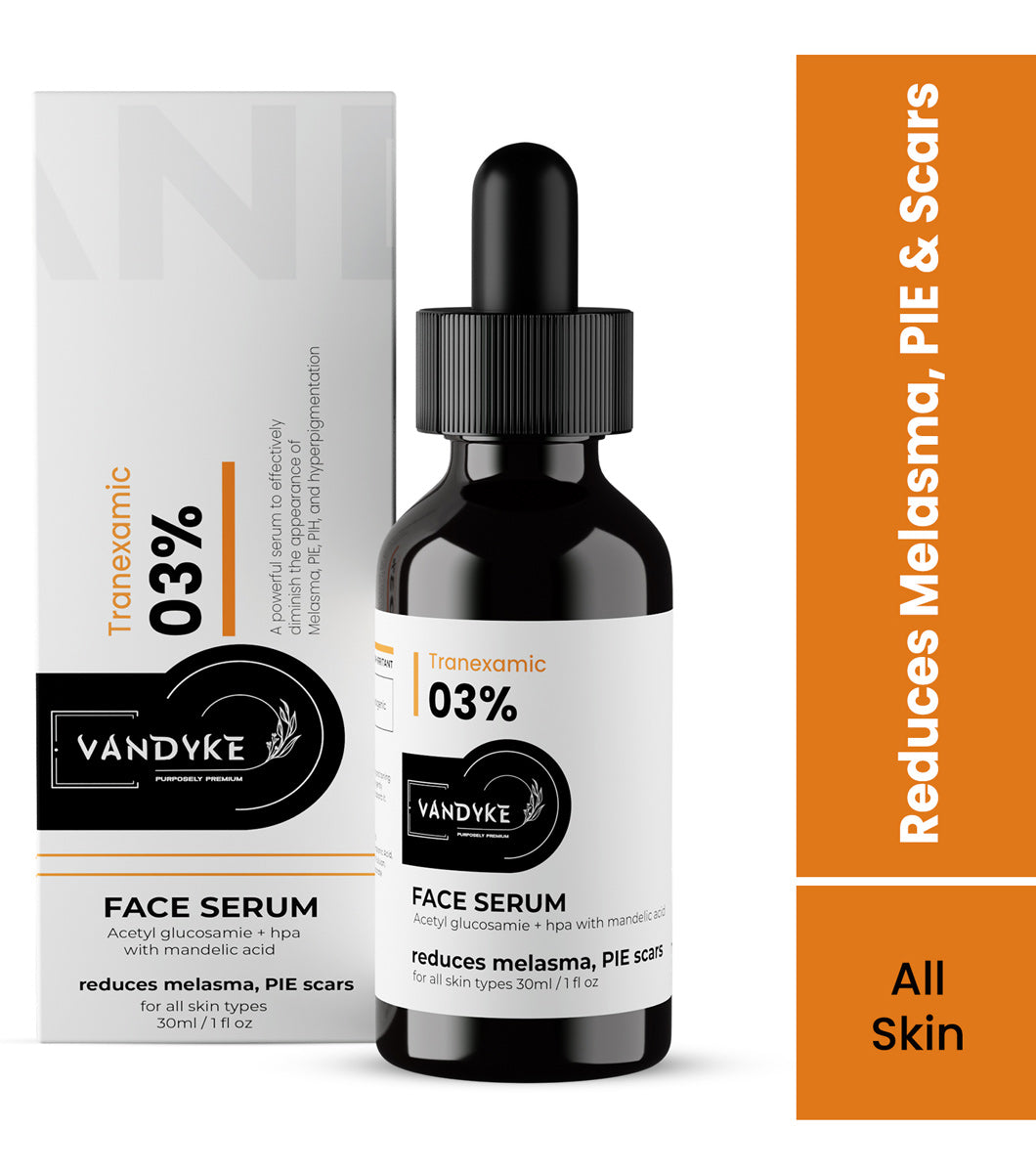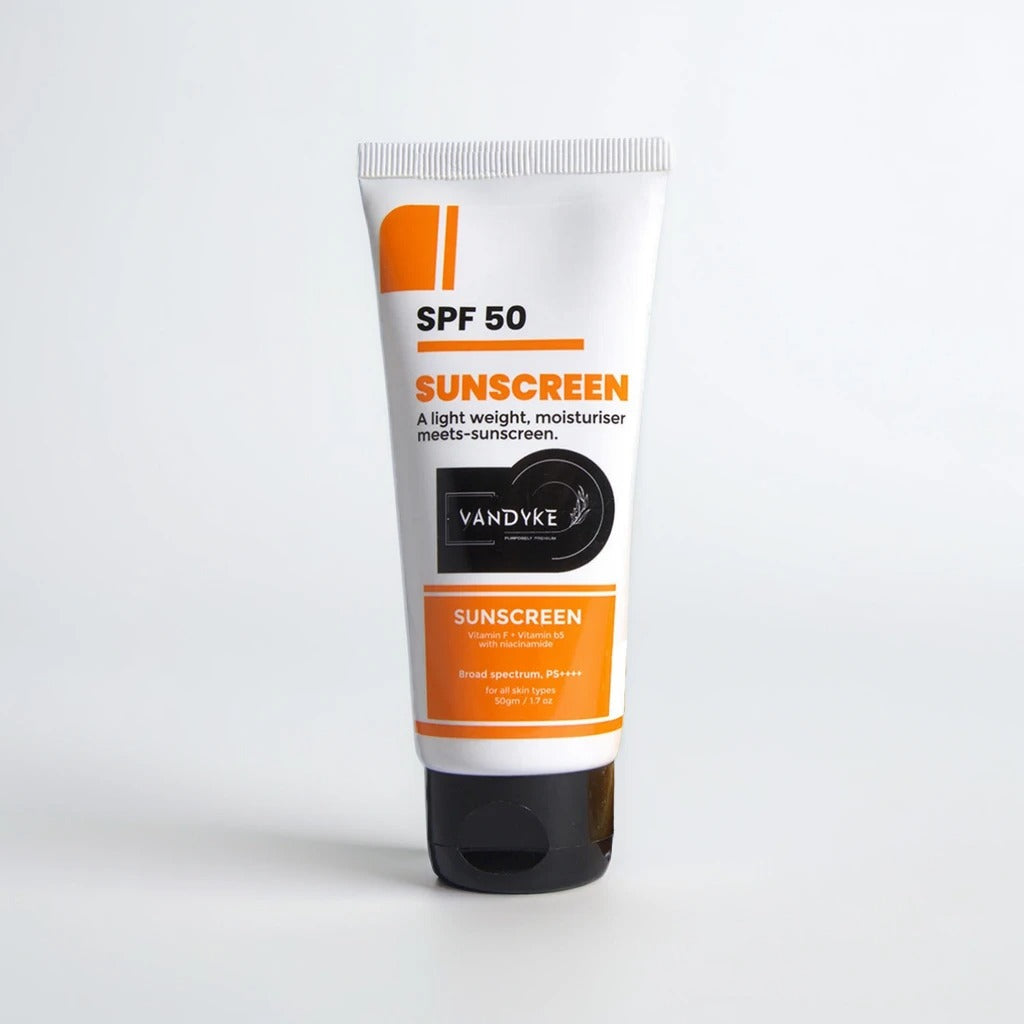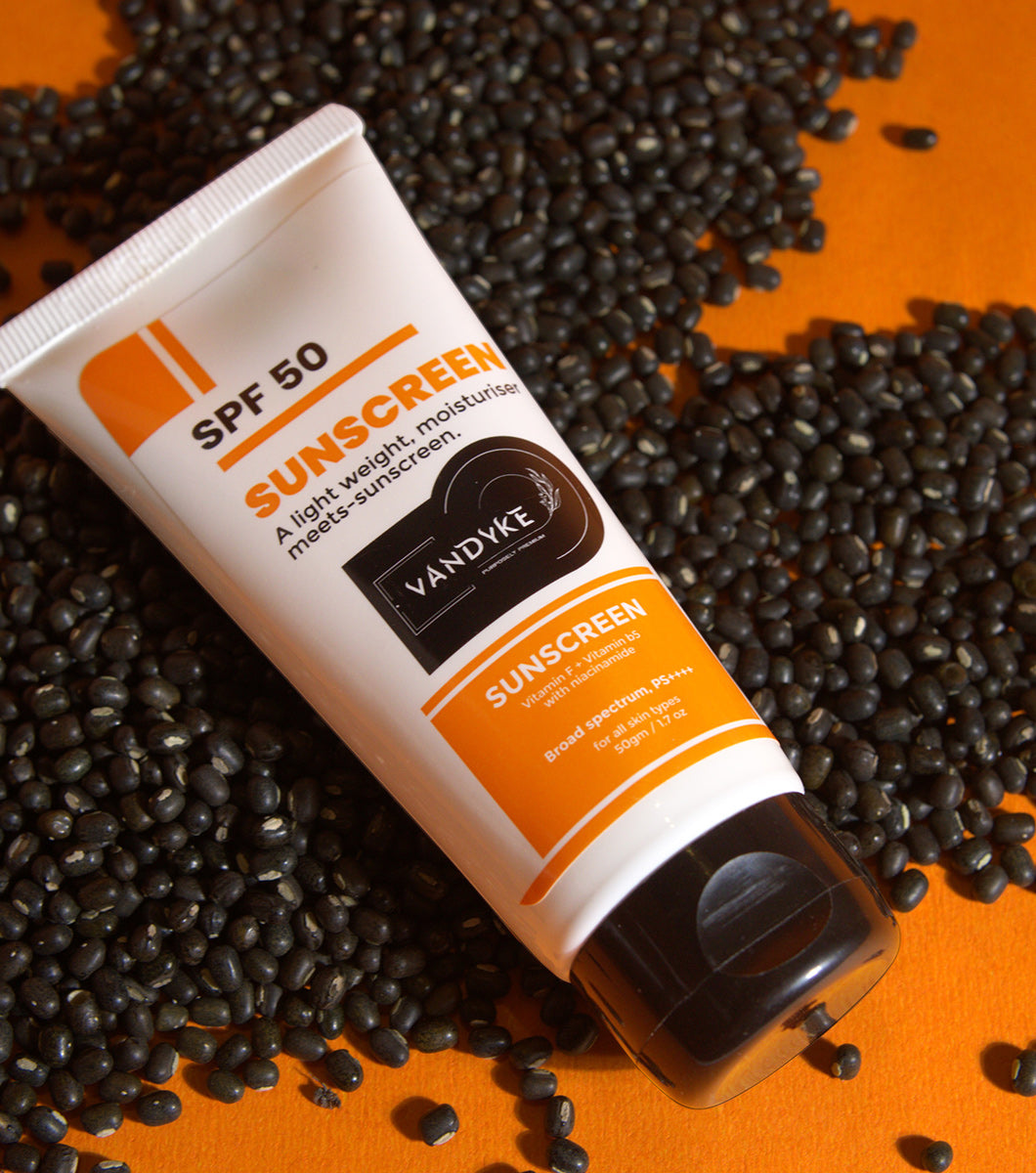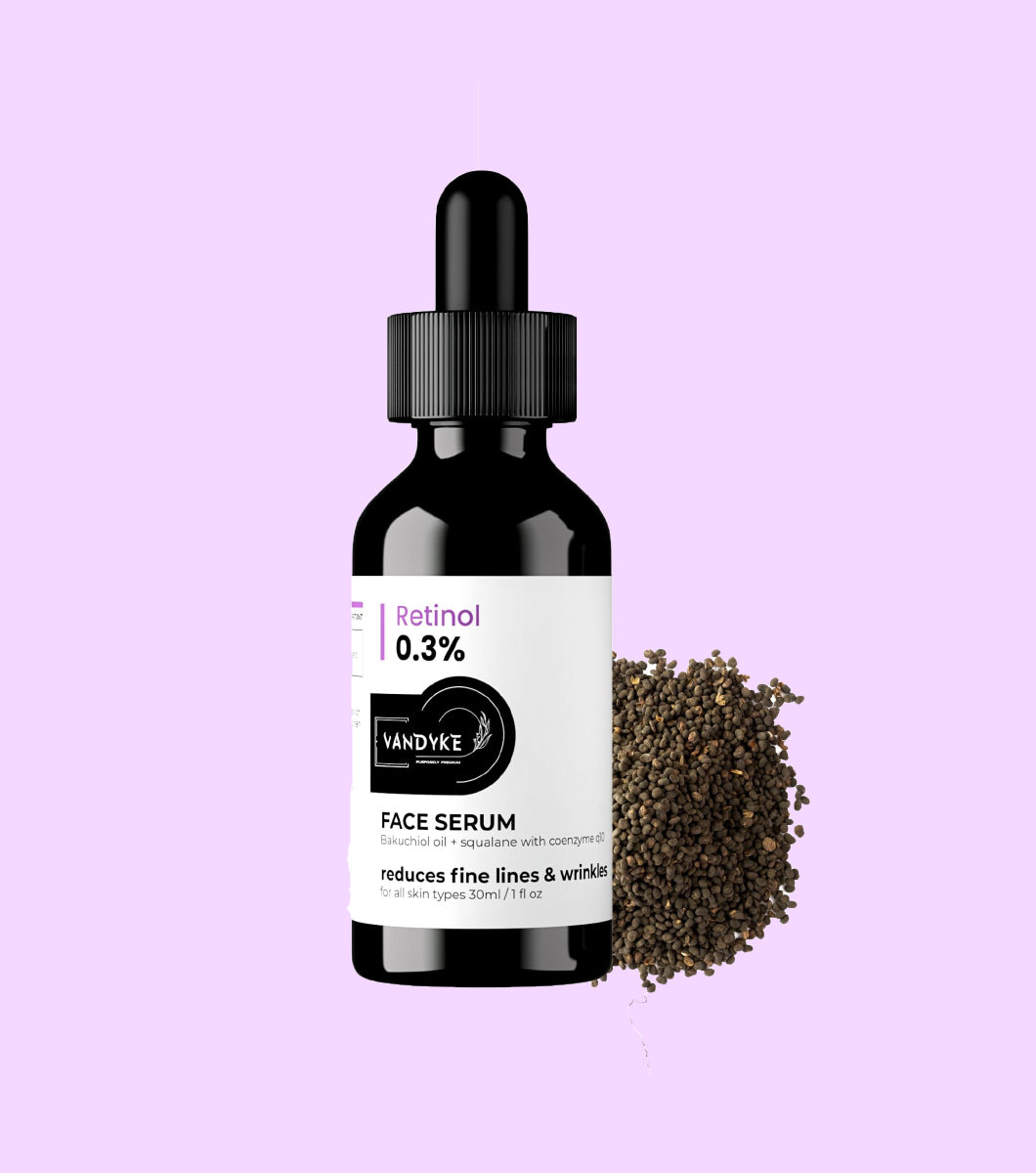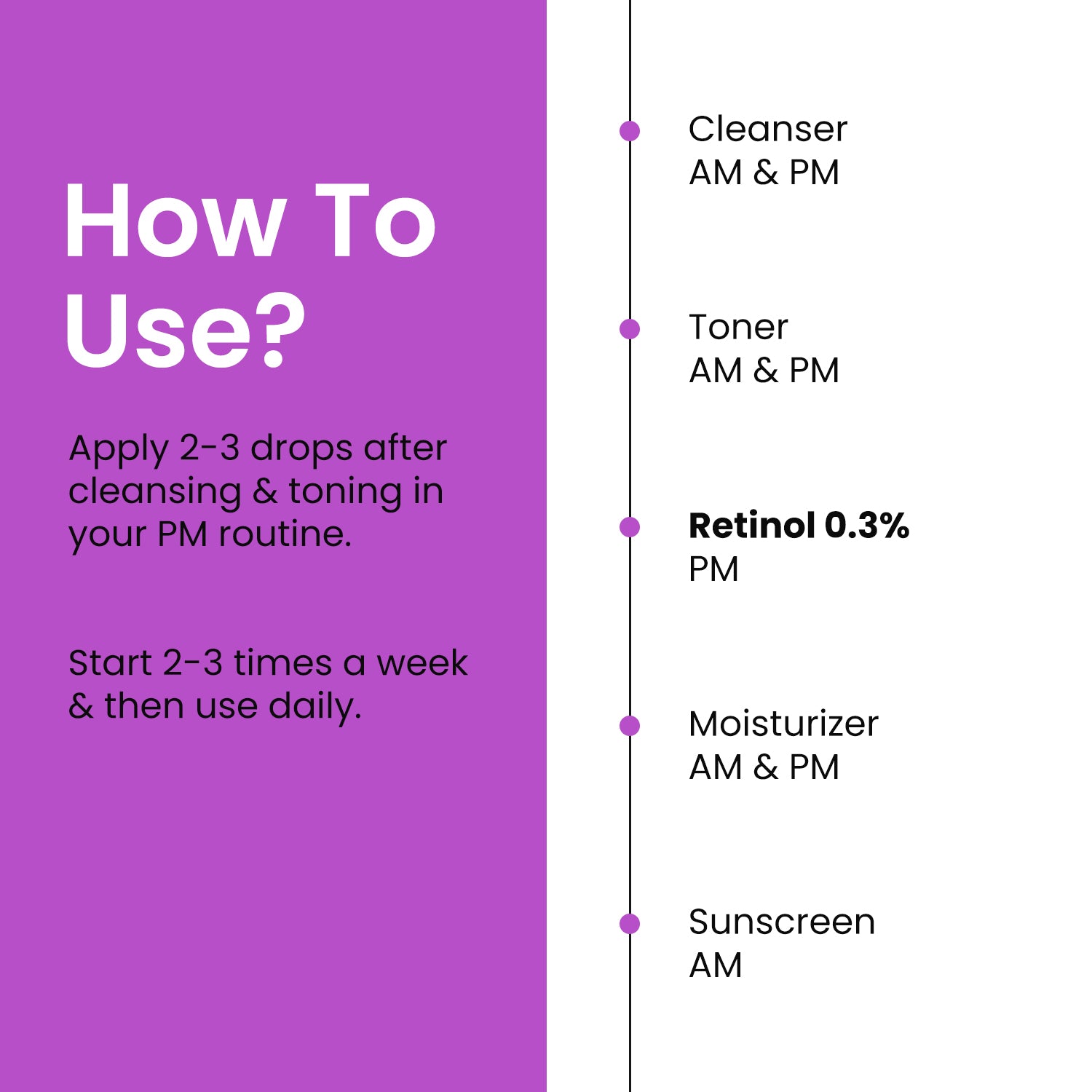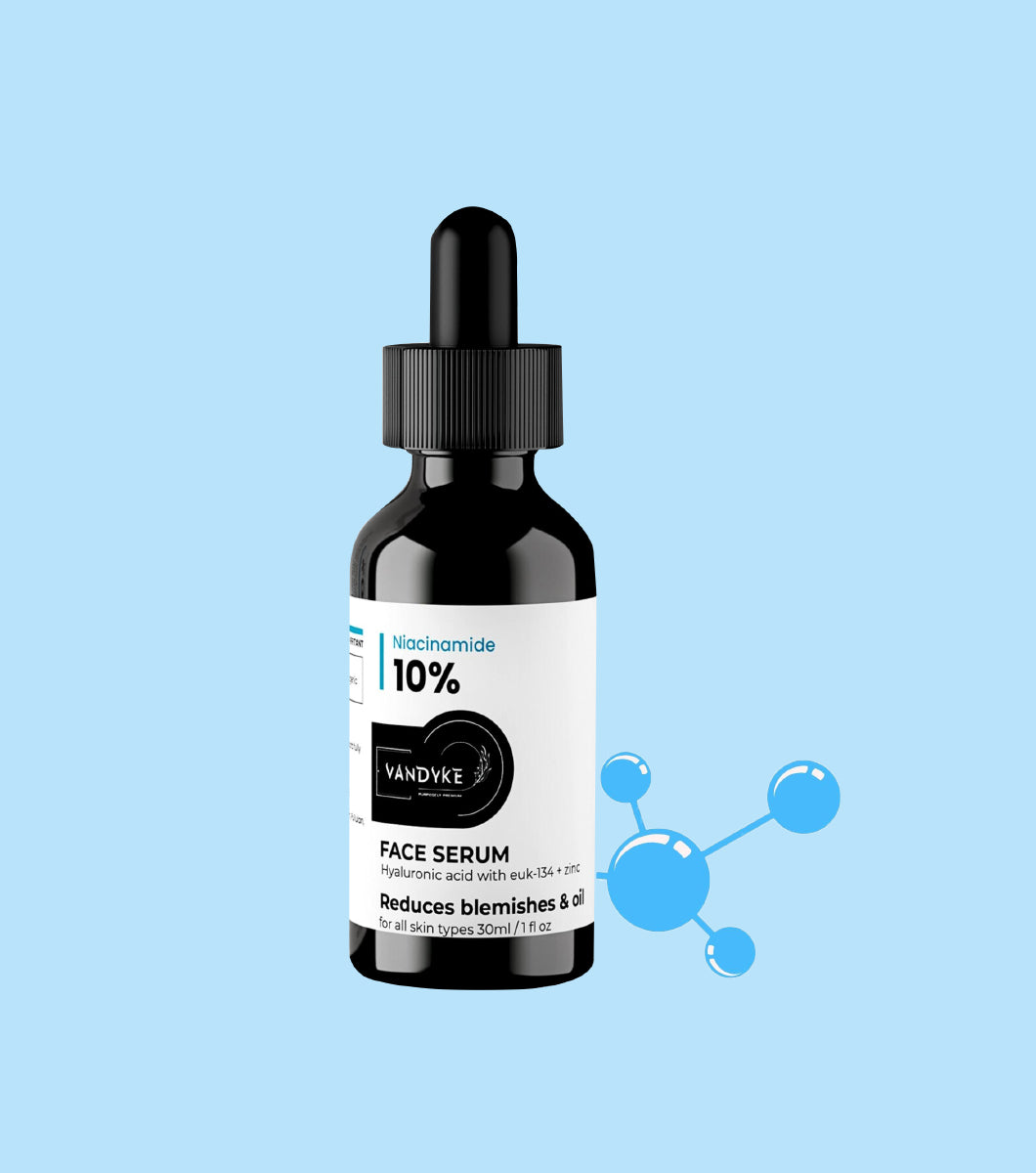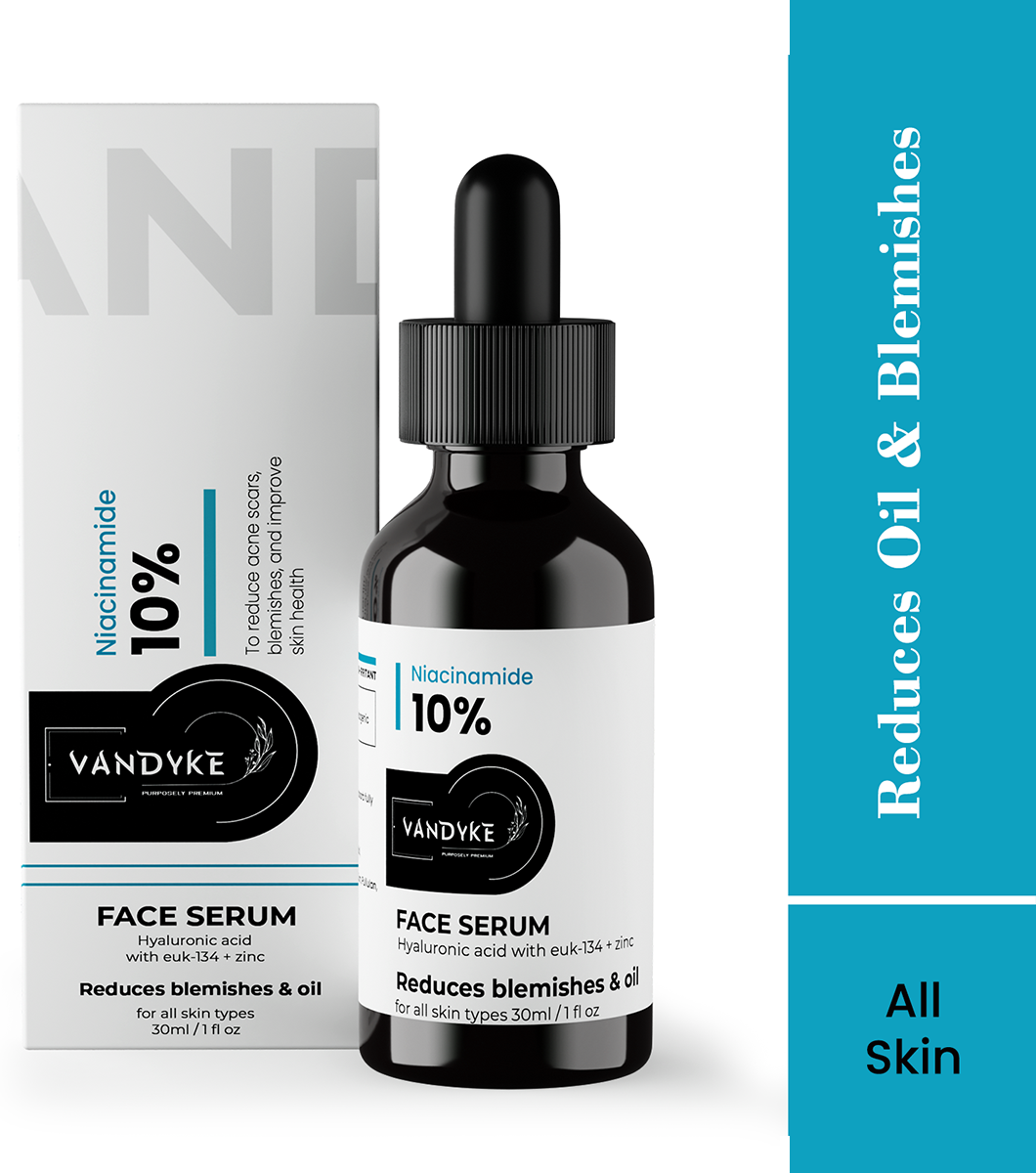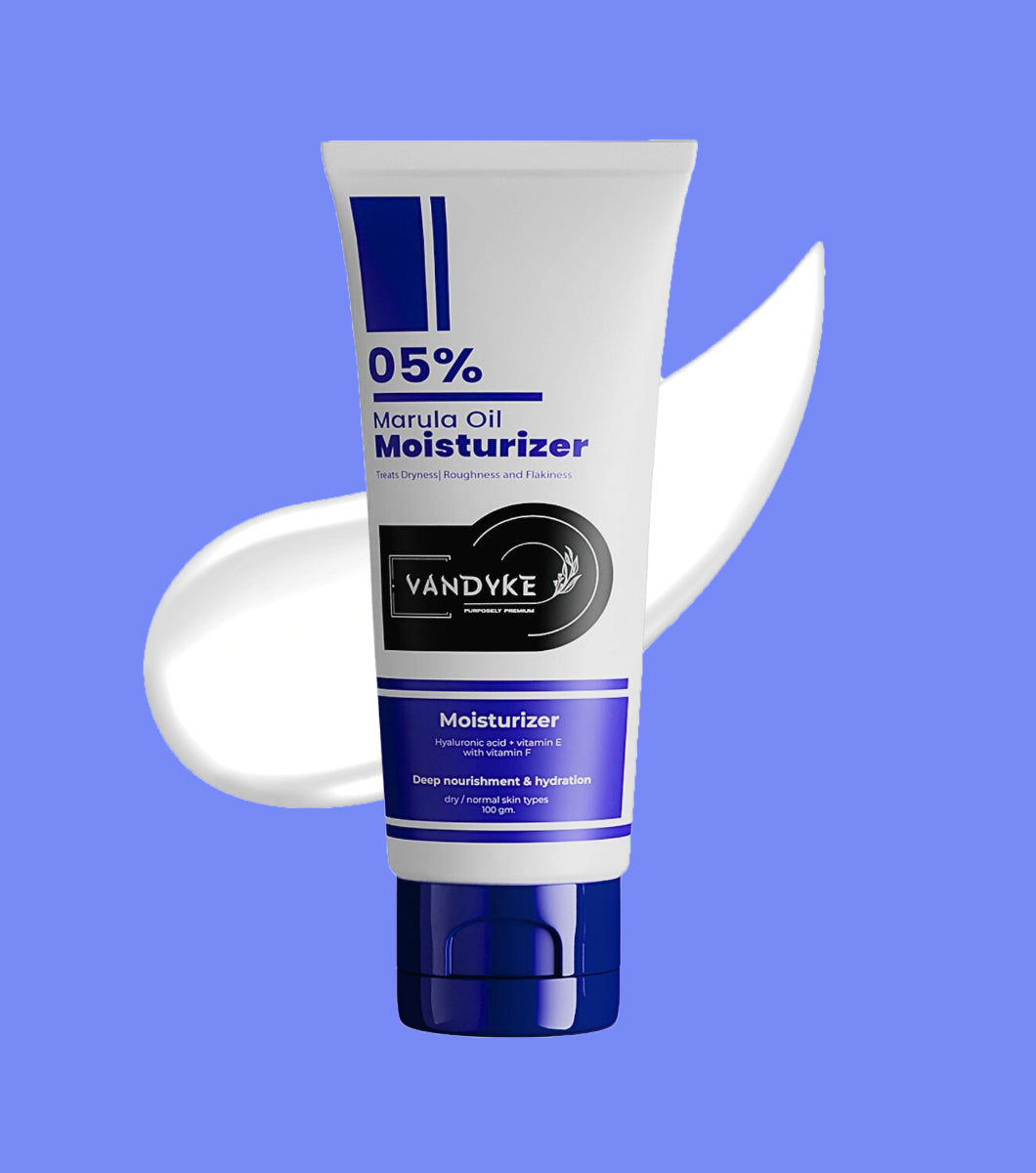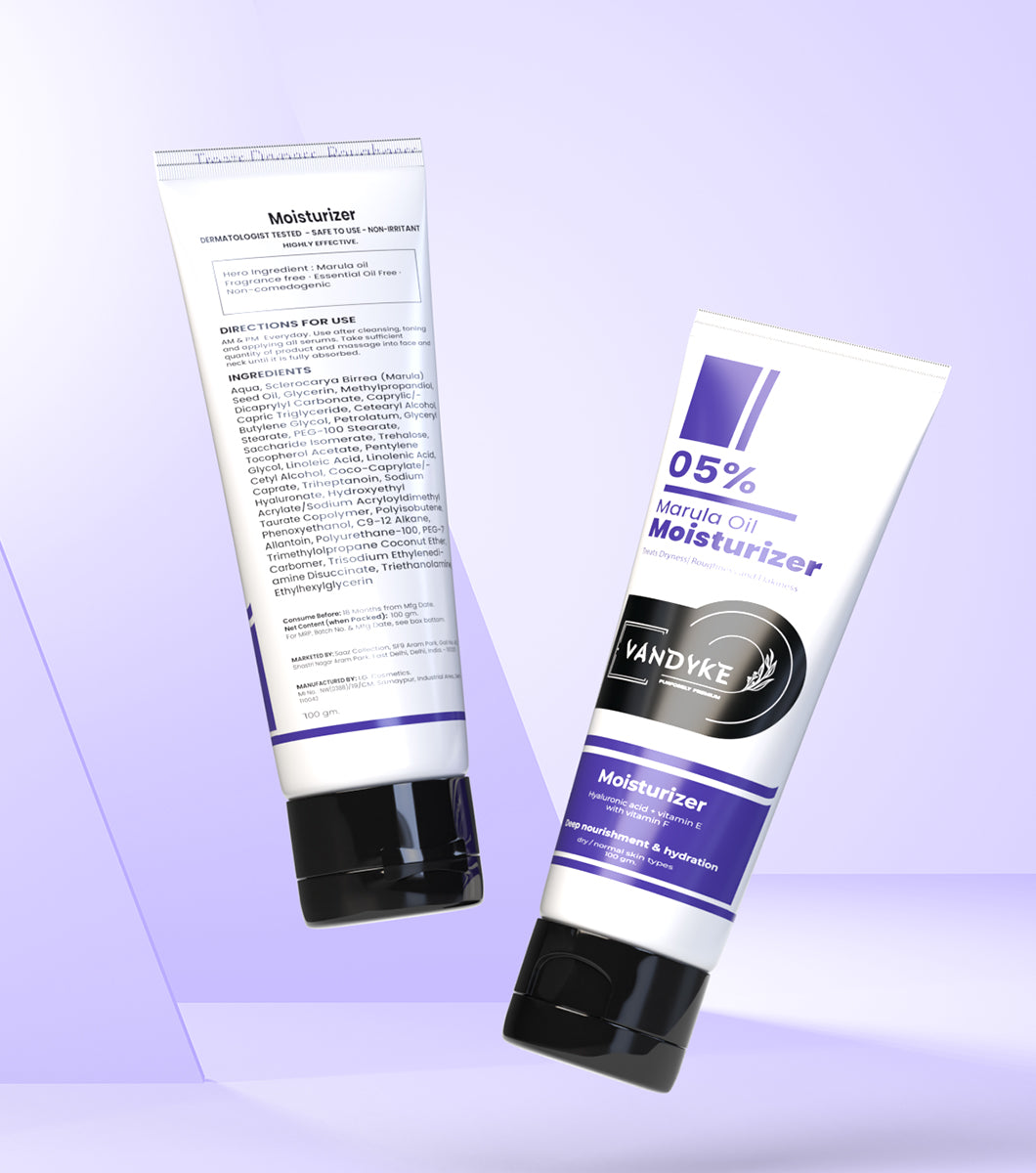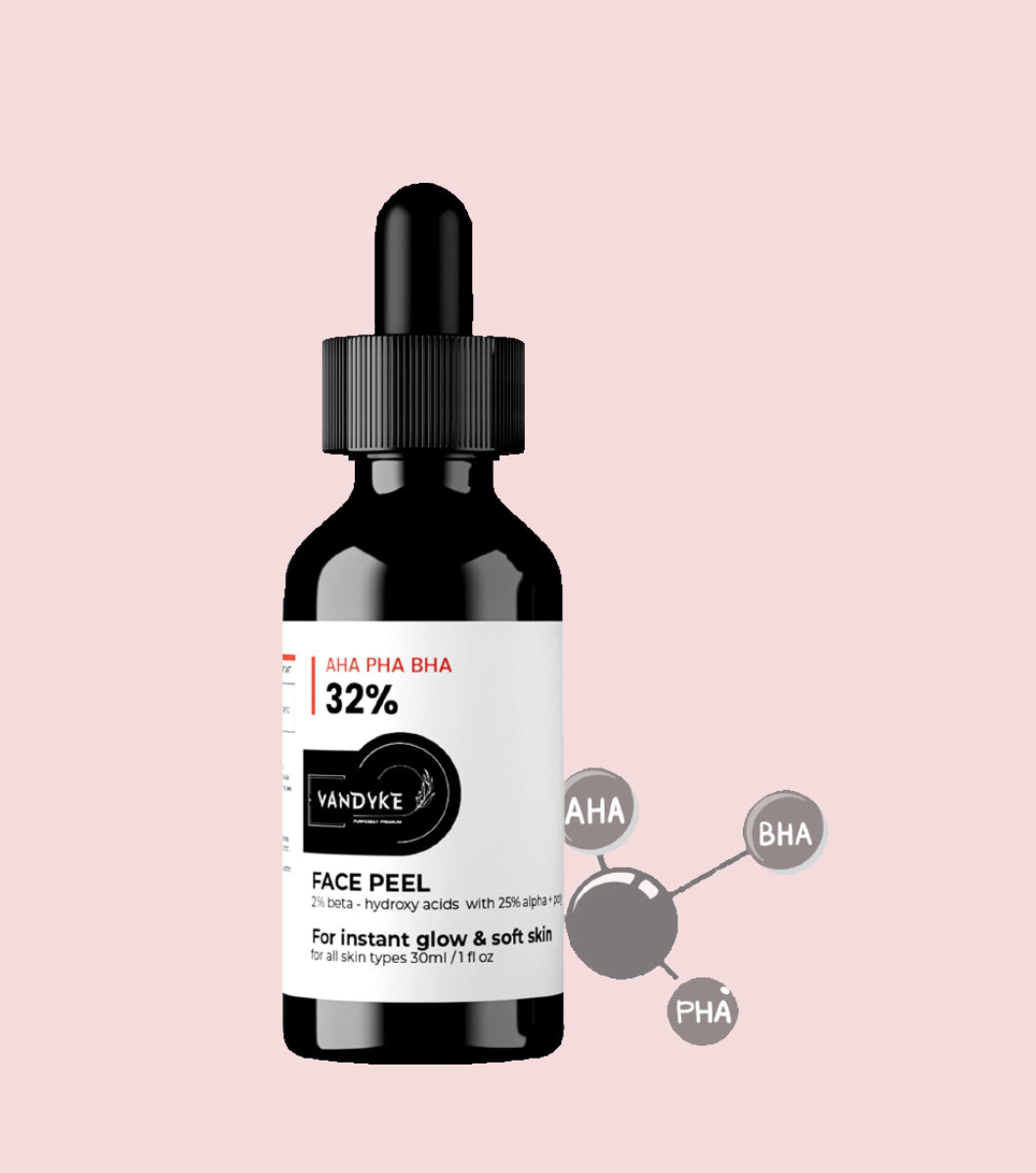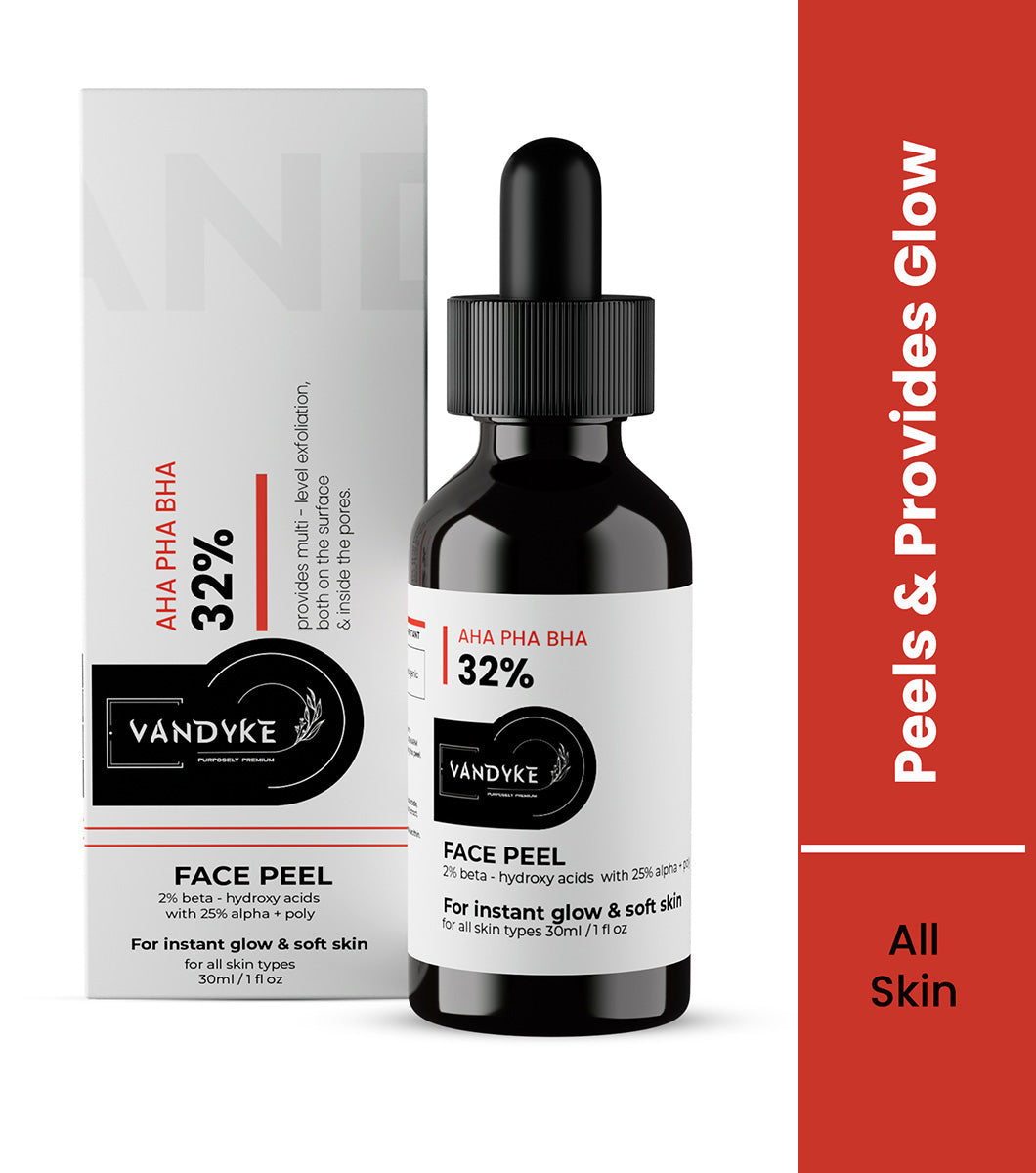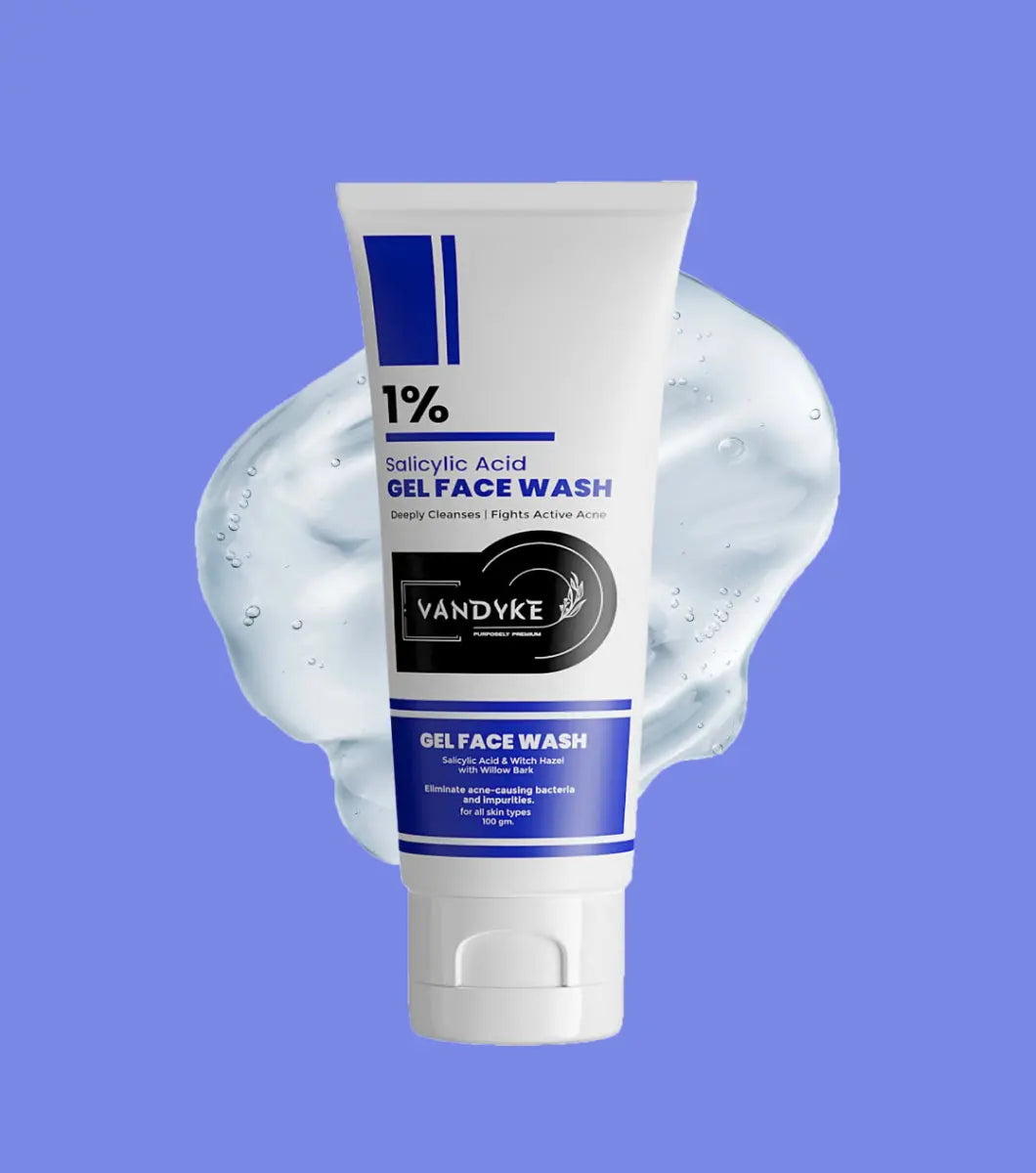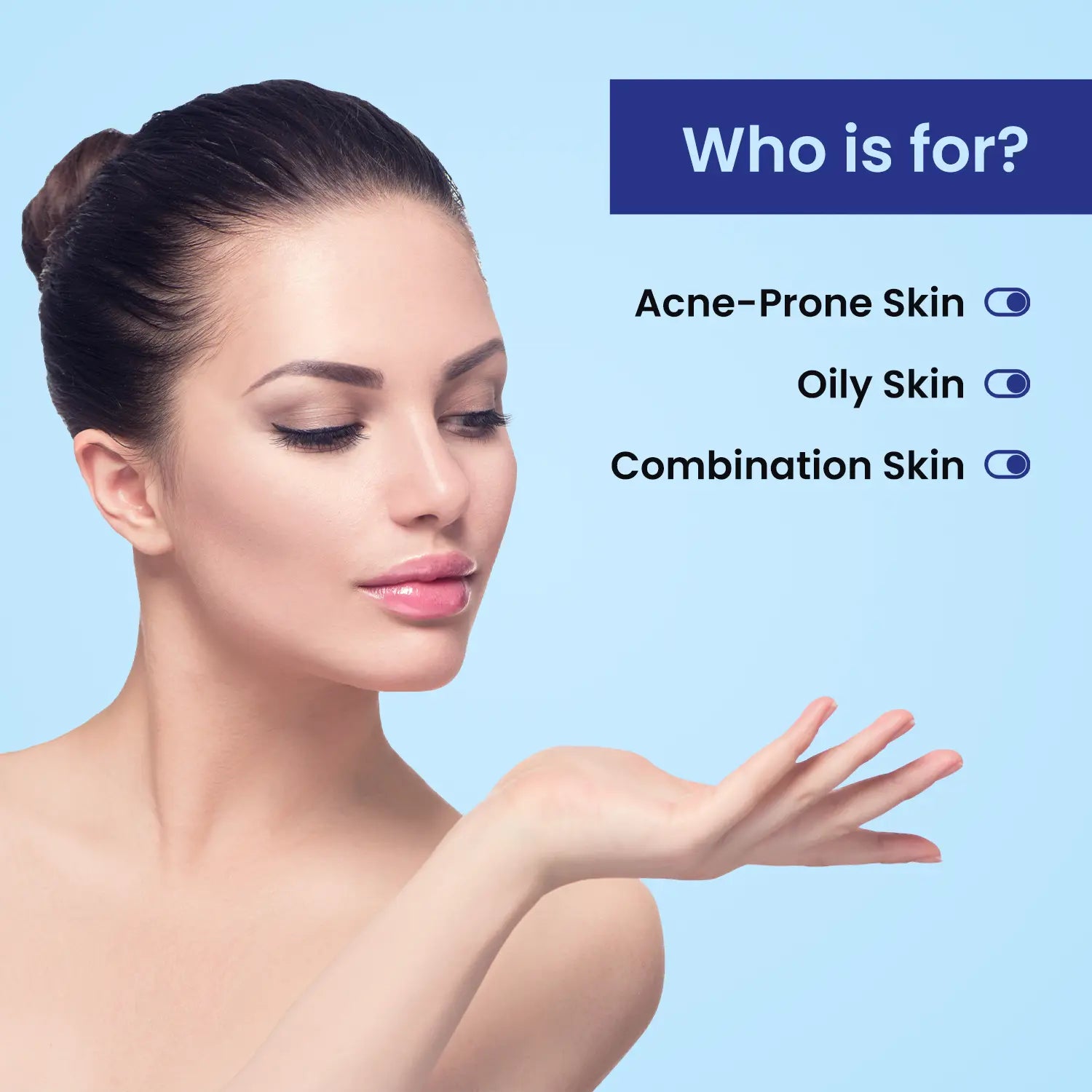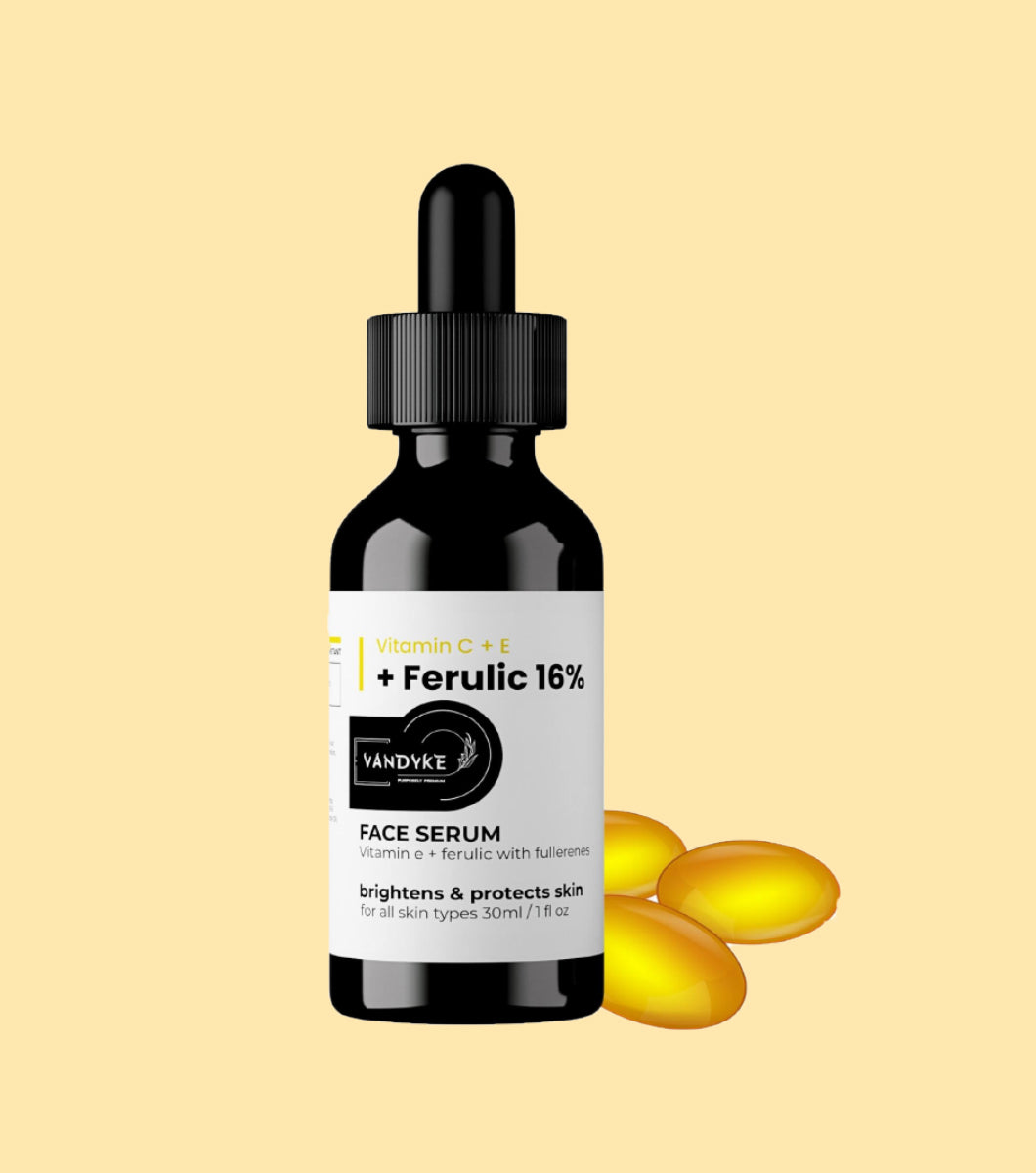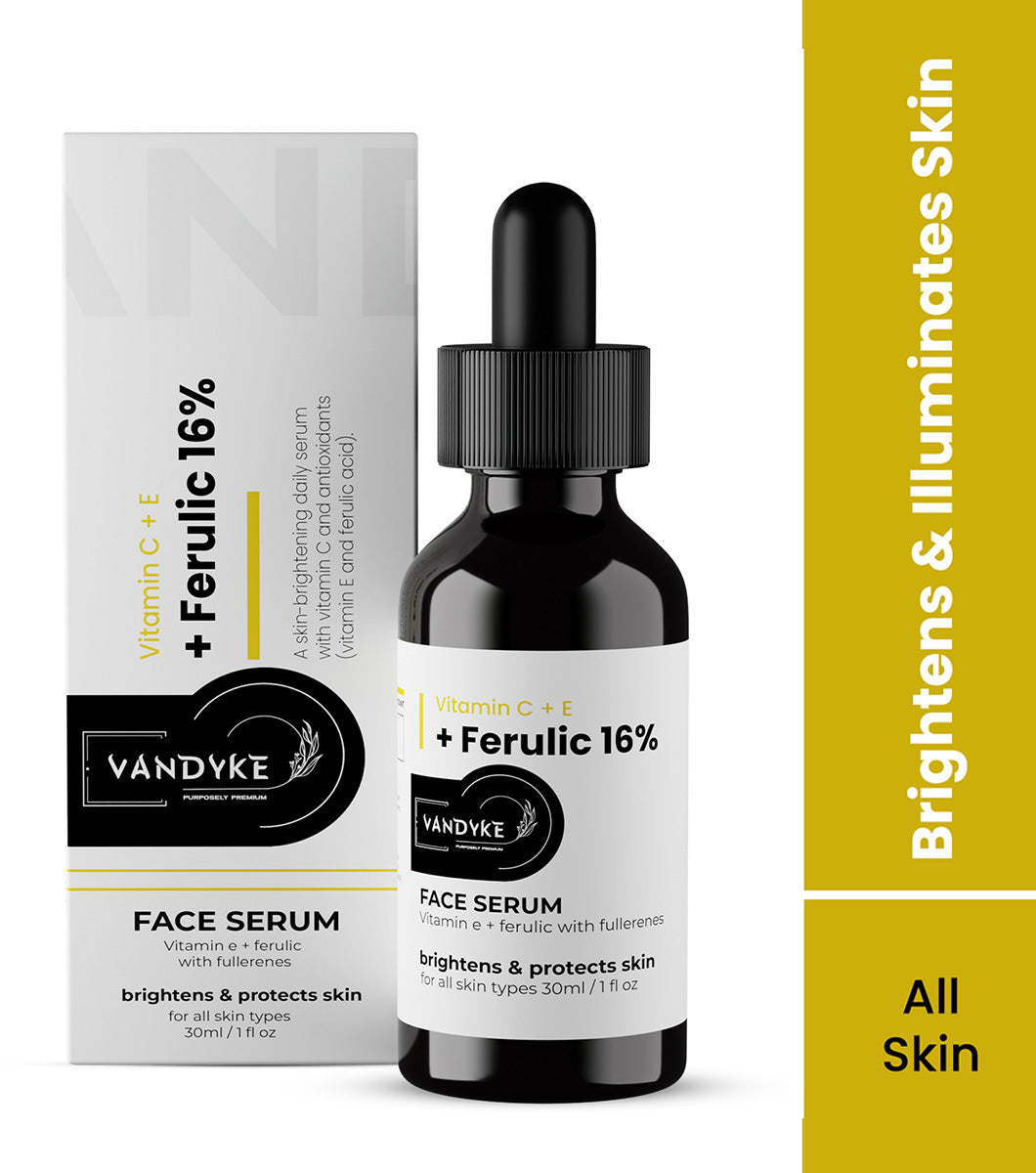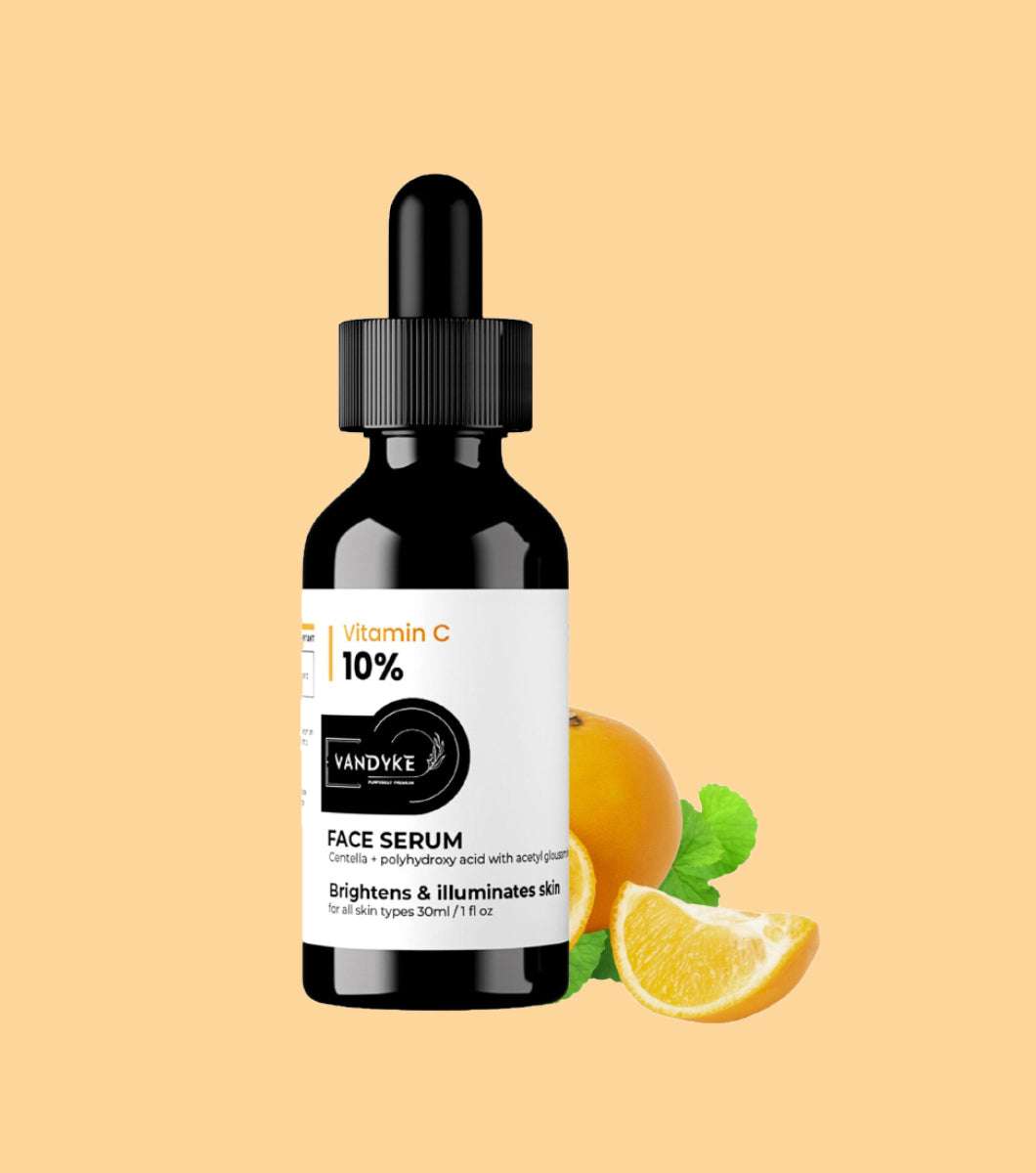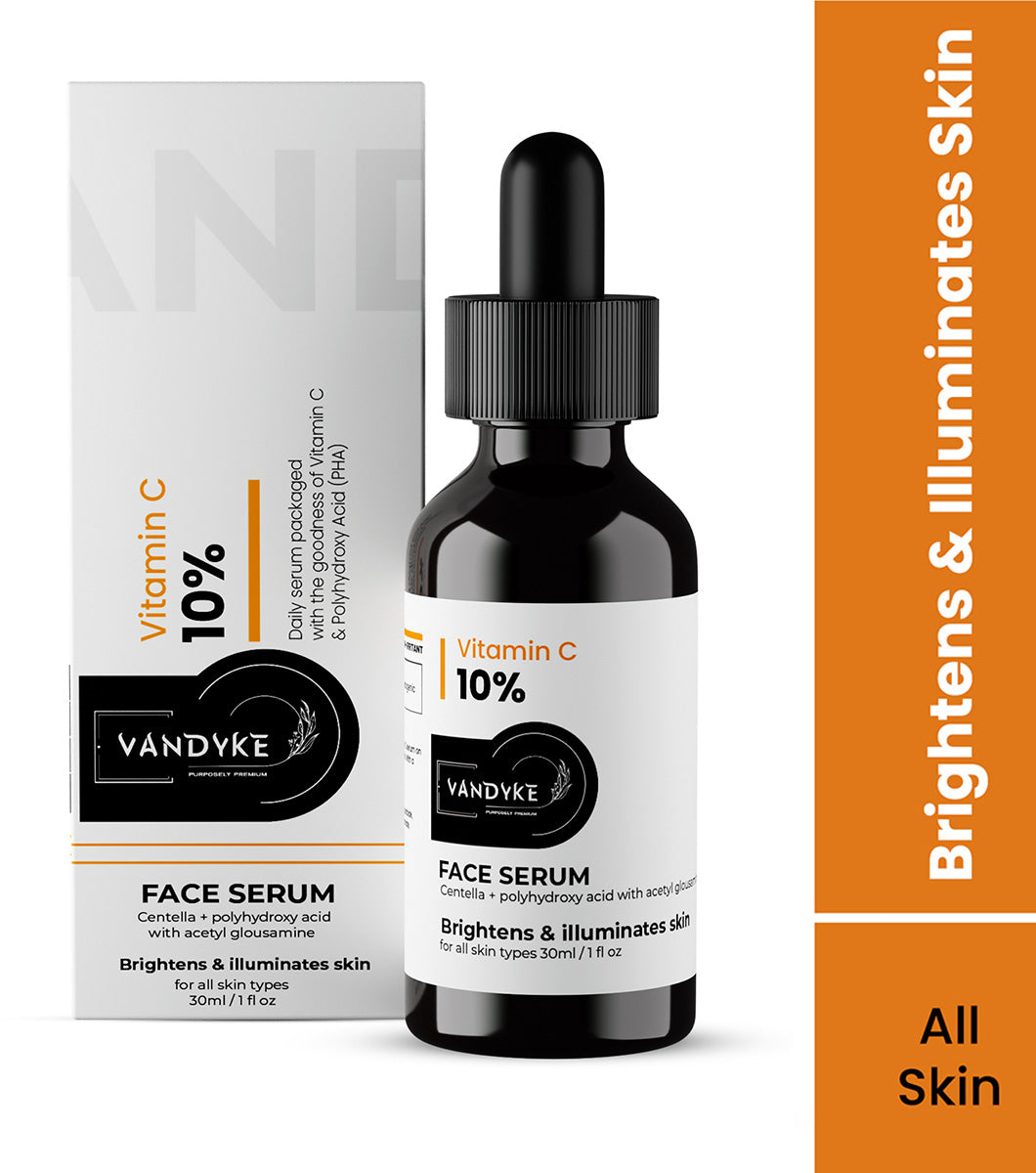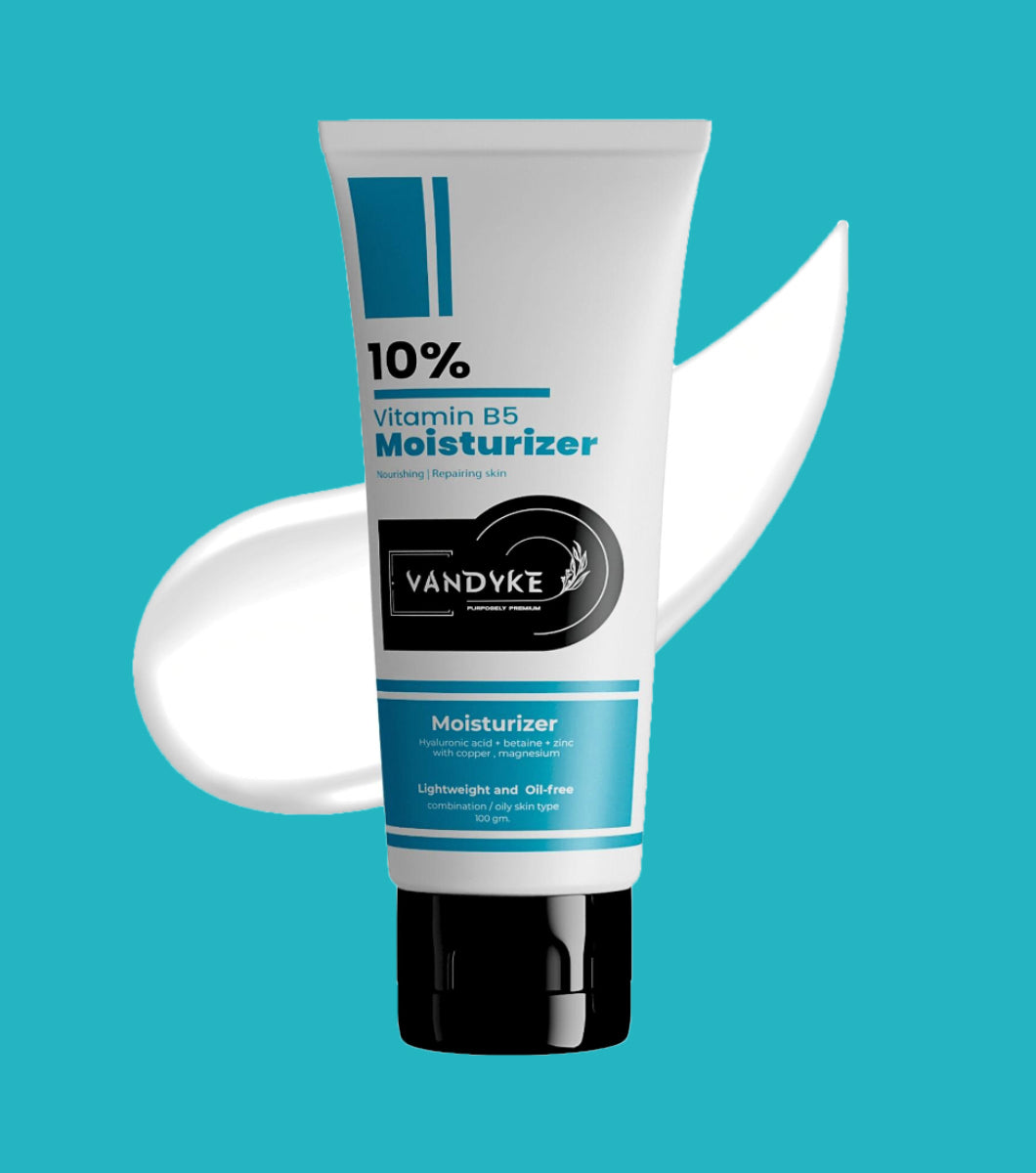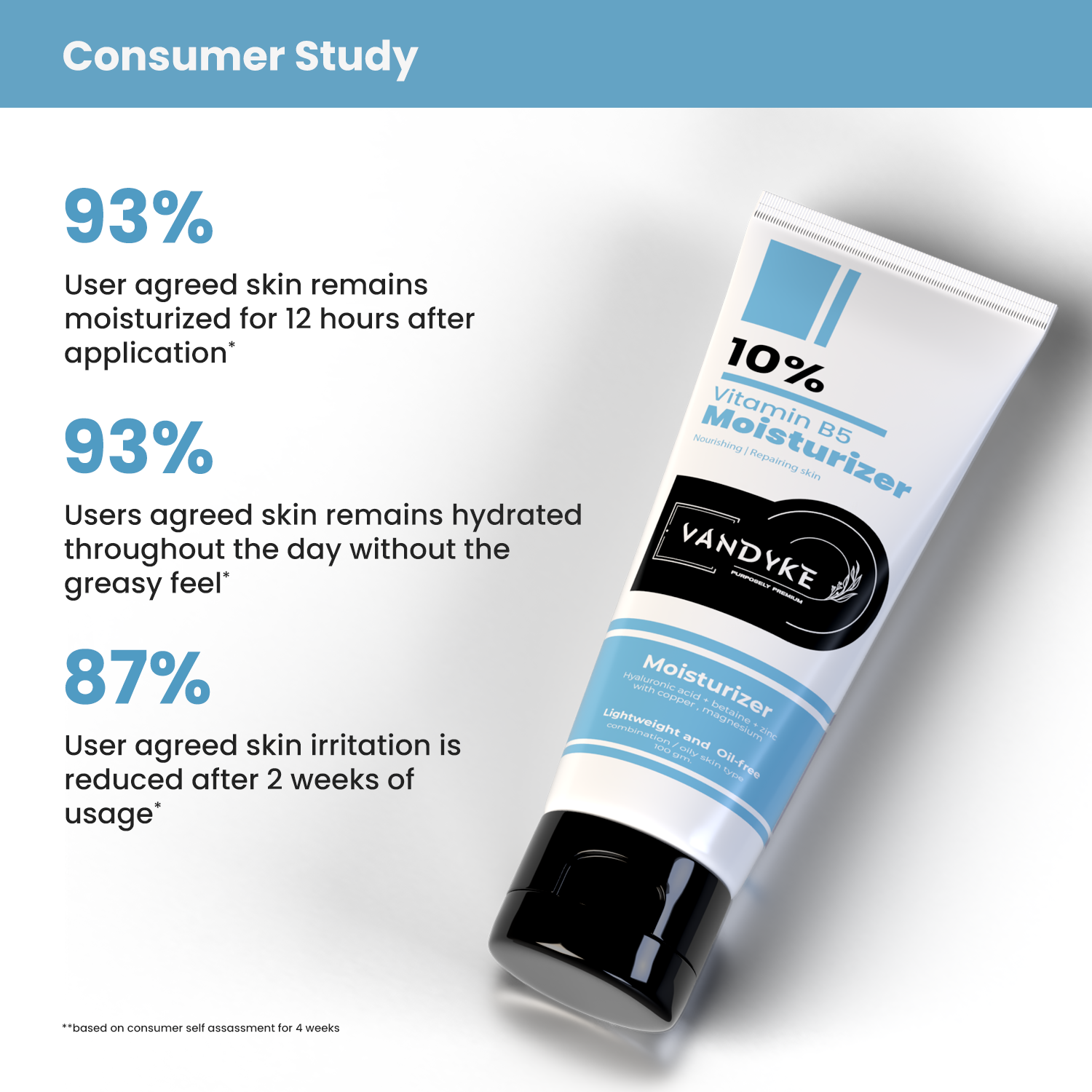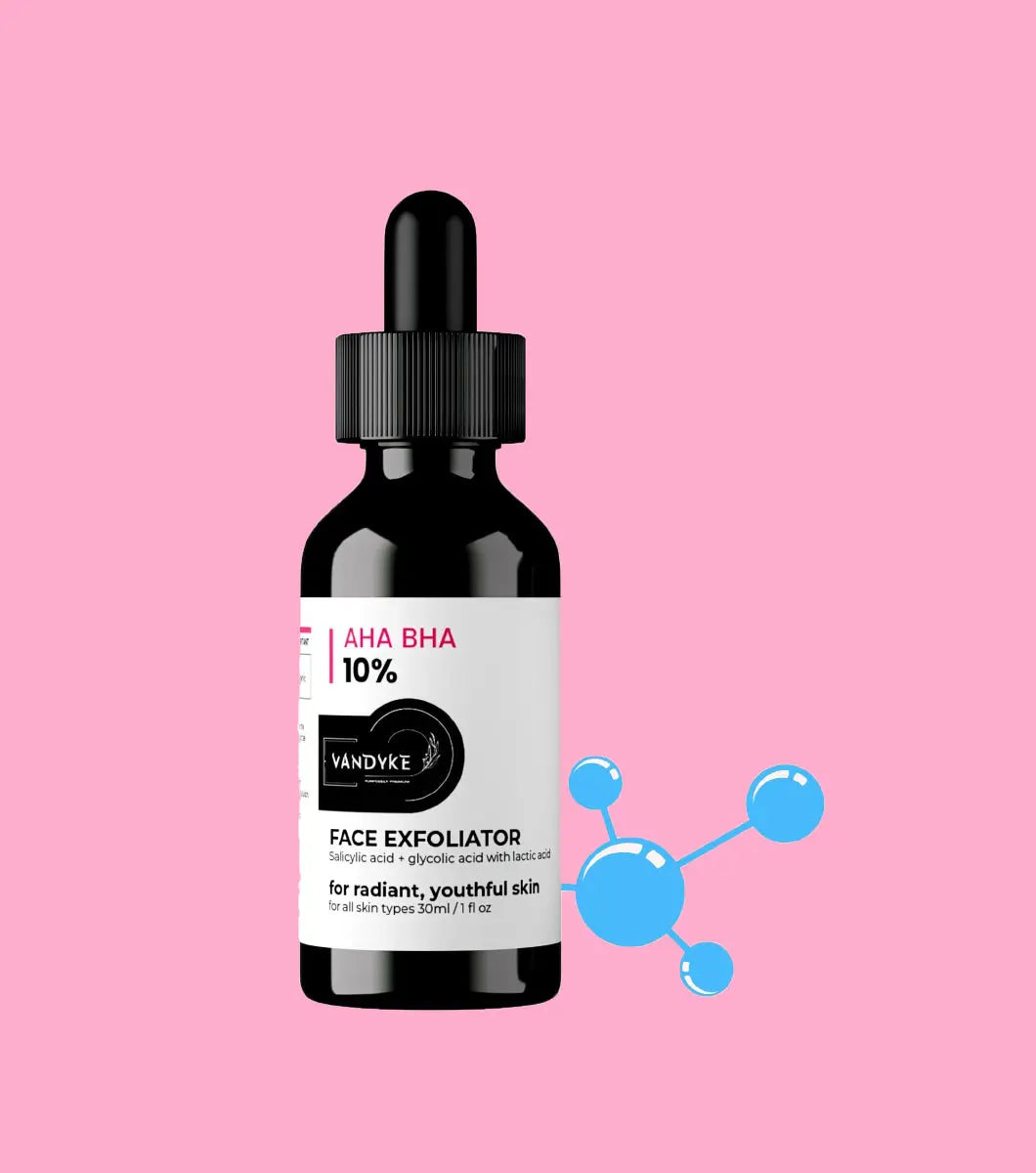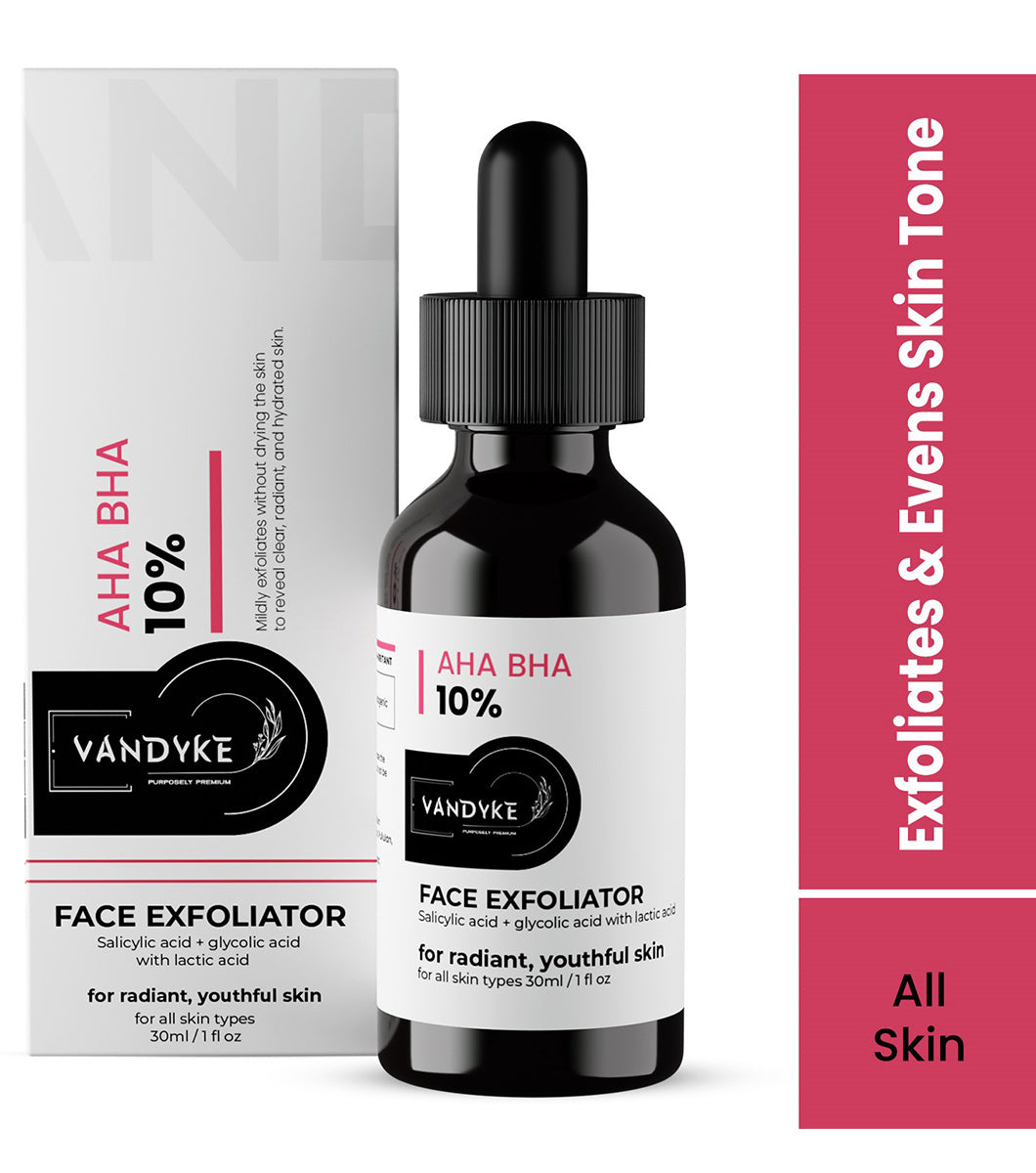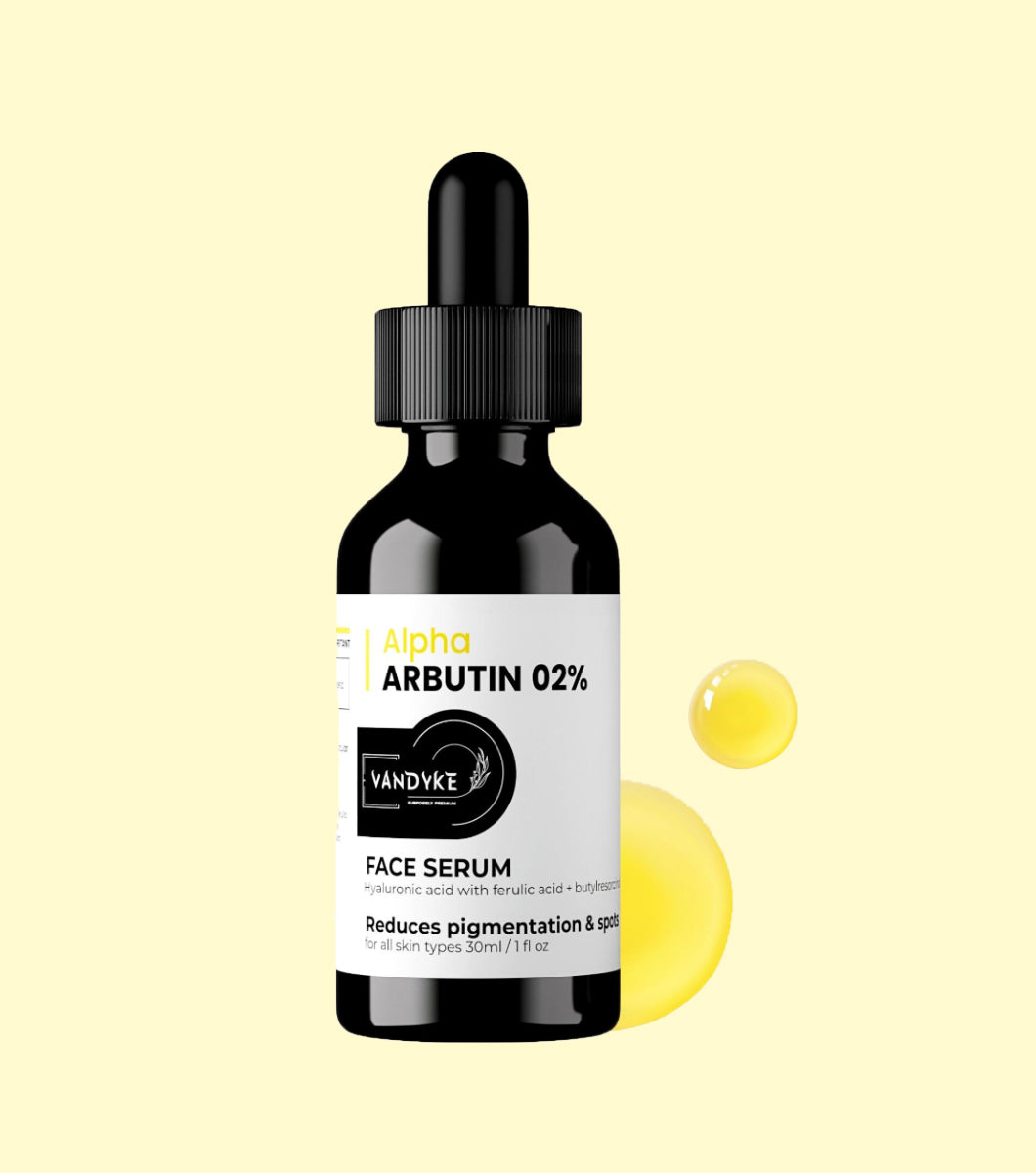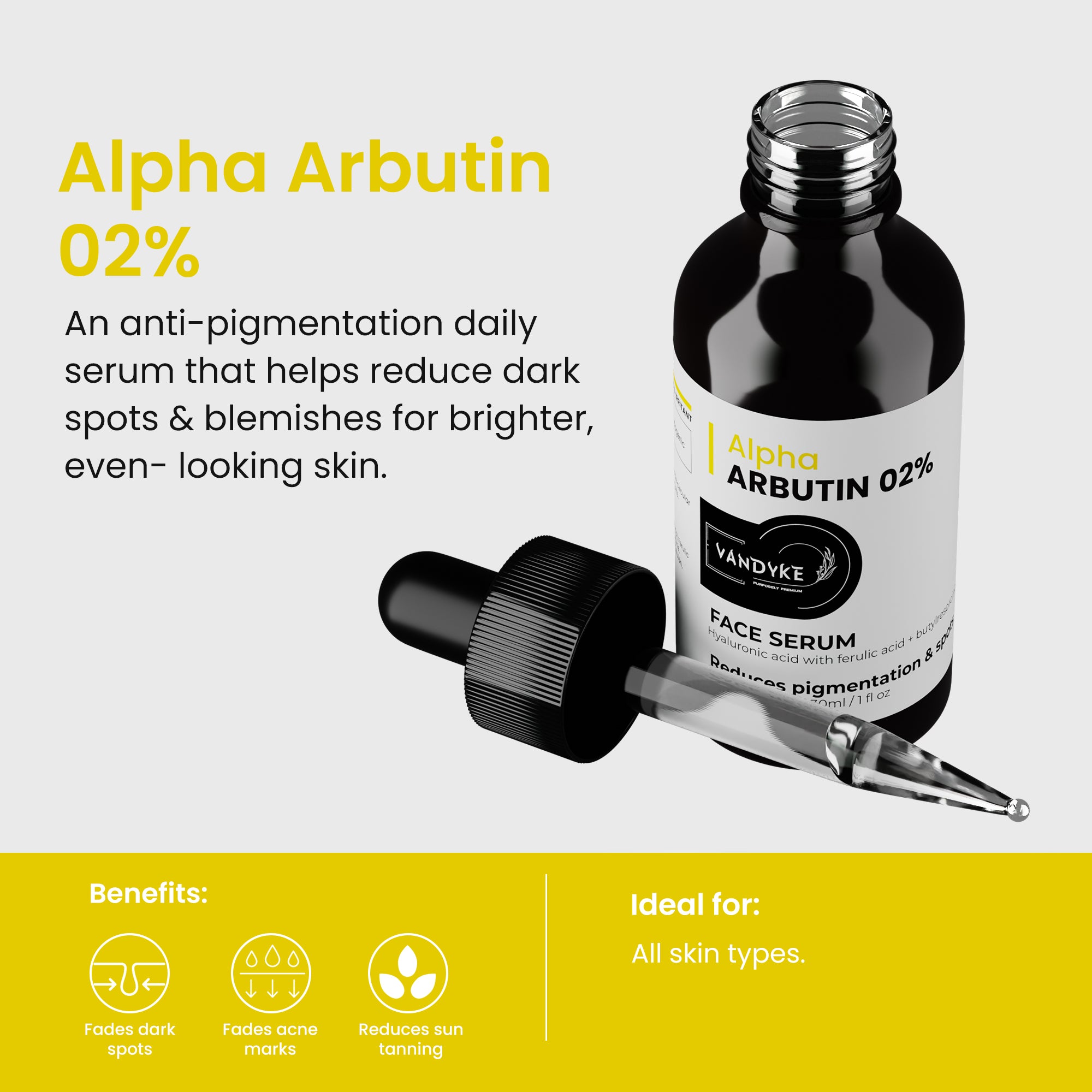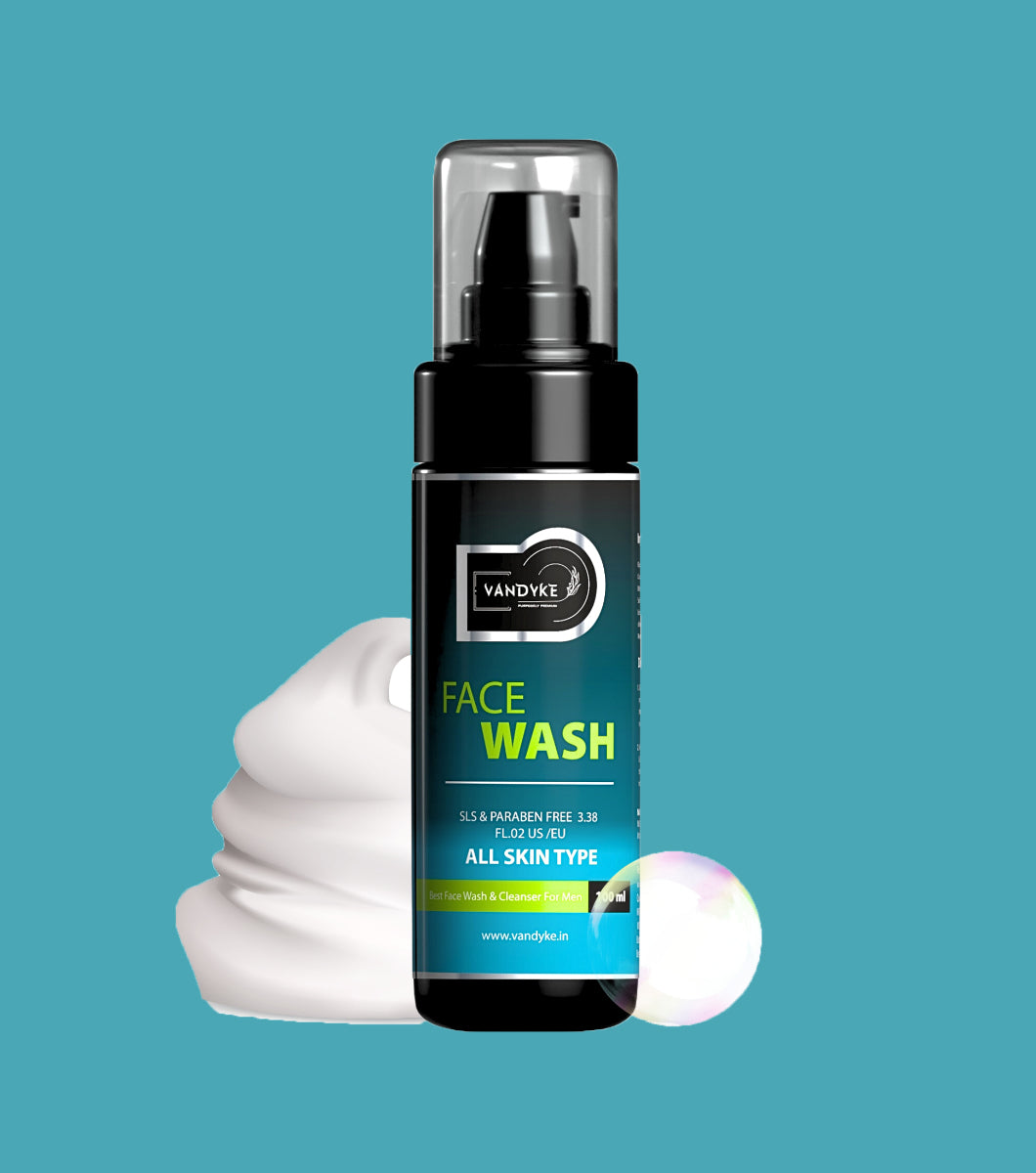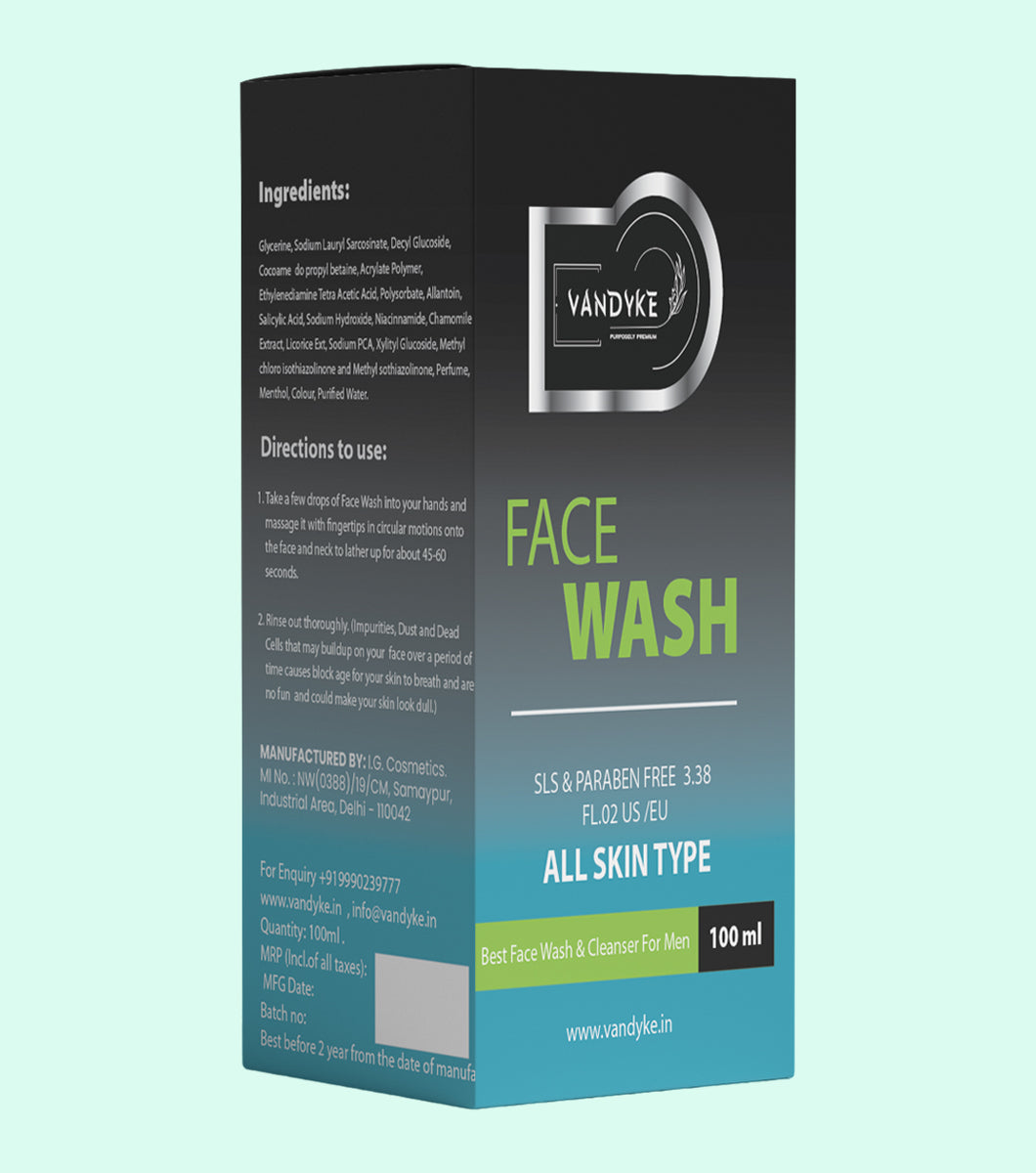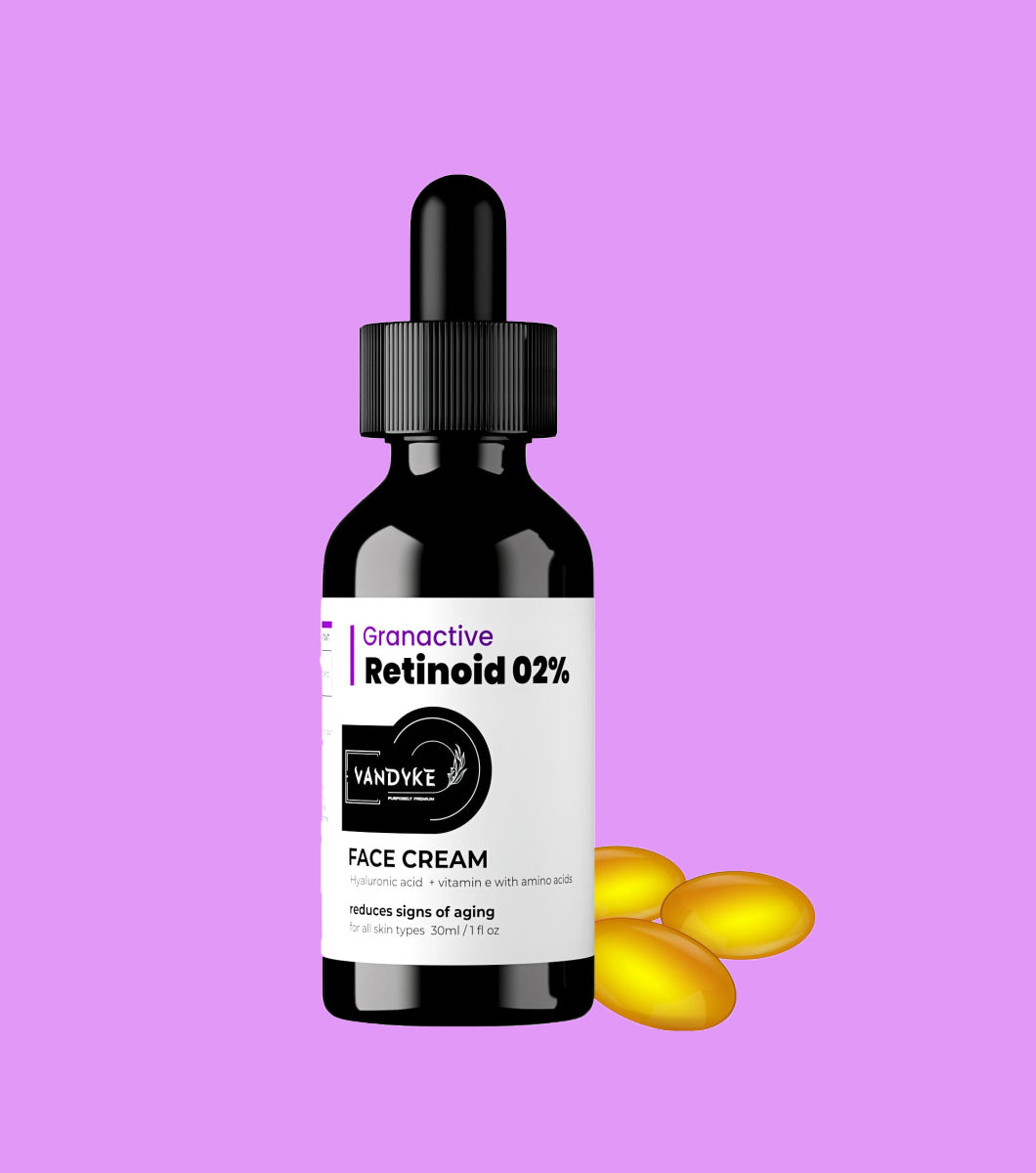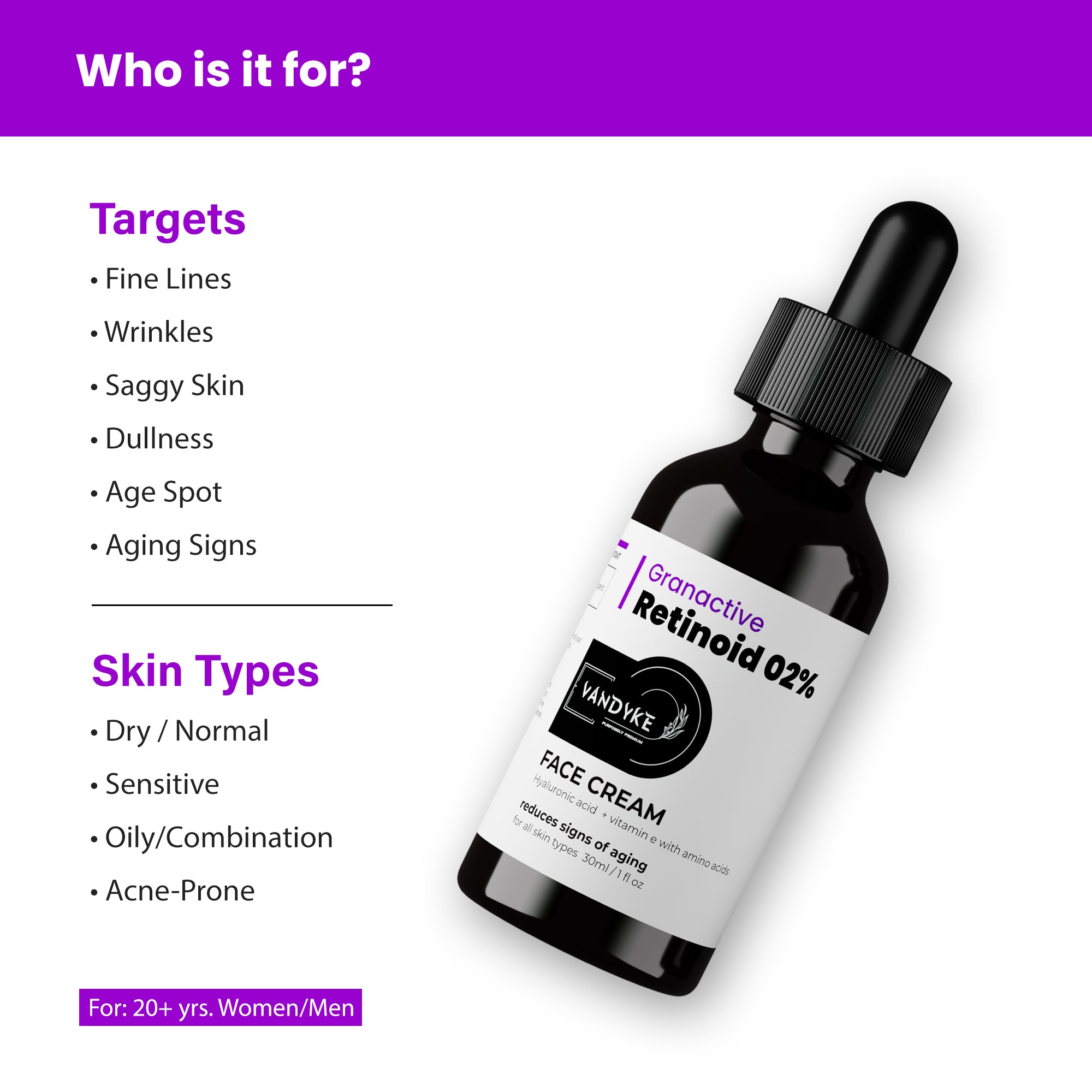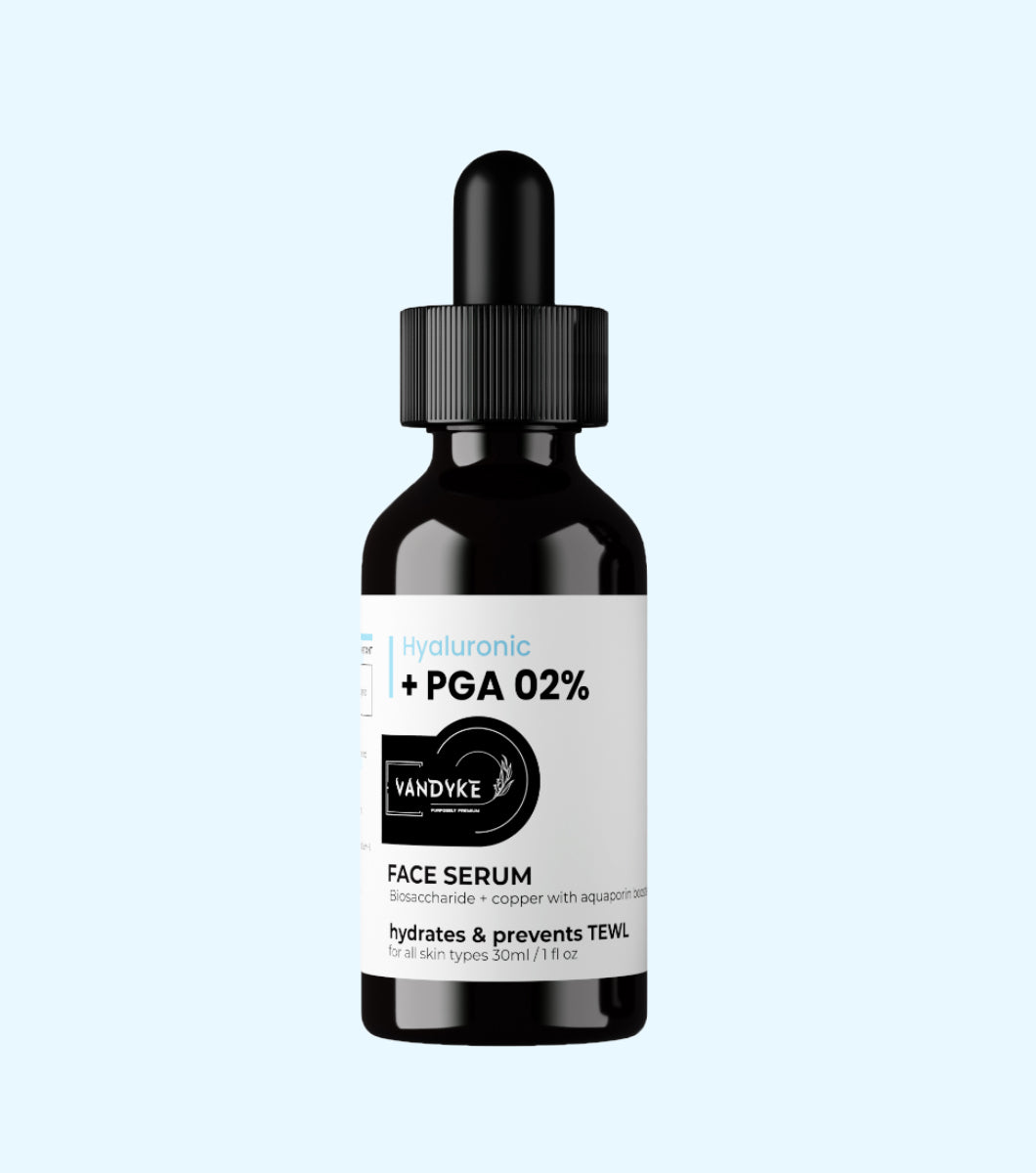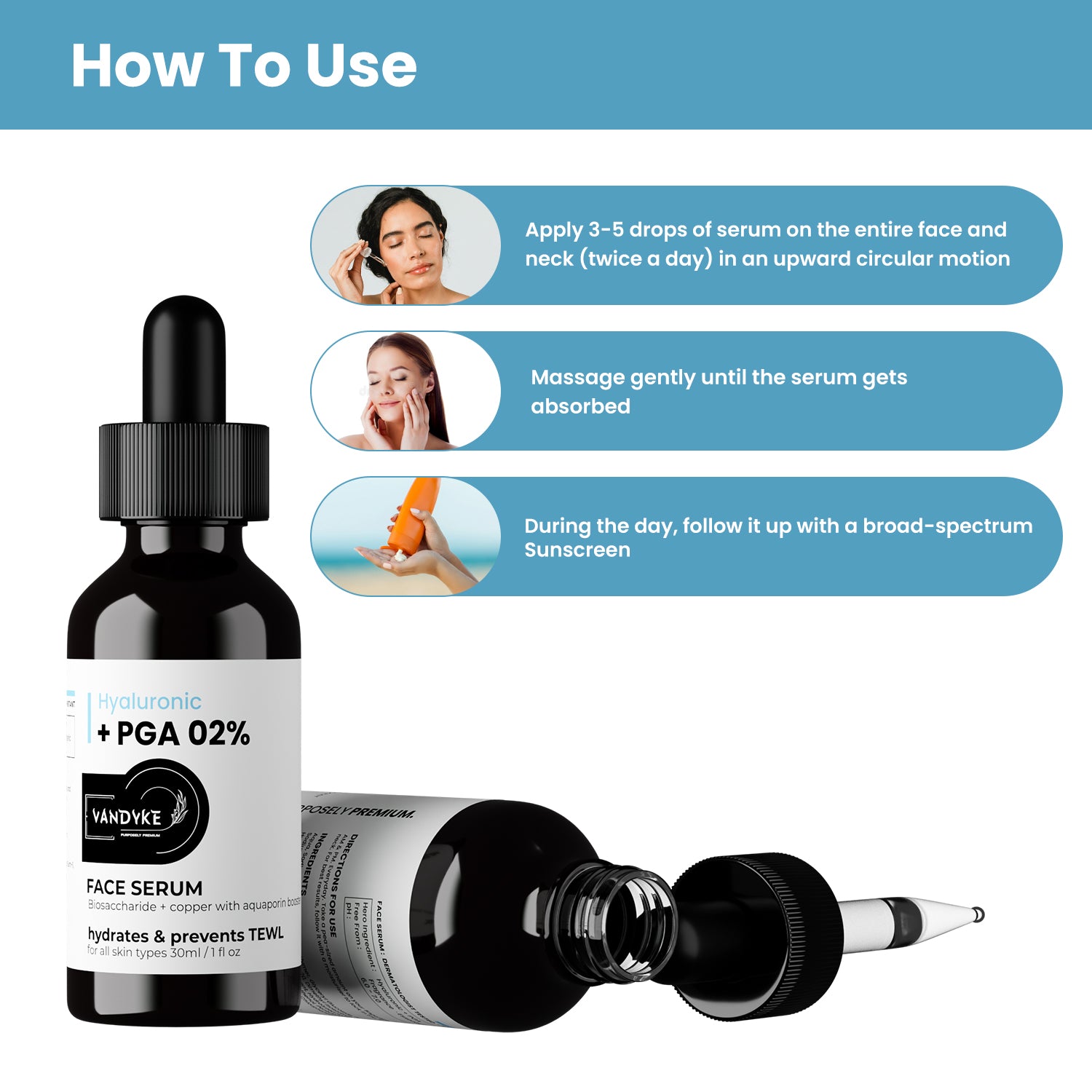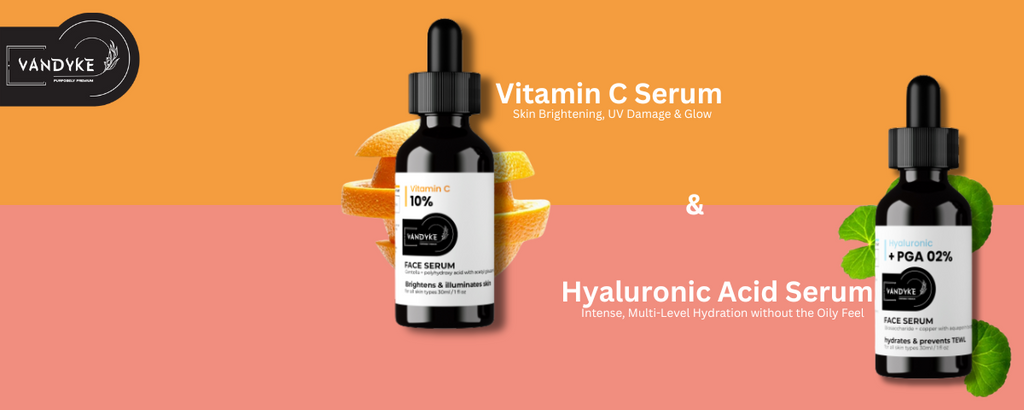
How to Use Vitamin C and Hyaluronic Acid together : Benefits, Tips & Faqs

How to Use Vitamin C and Hyaluronic Acid together : Benefits, Tips & Faqs
In the quest for healthy, radiant skin, skincare enthusiasts and experts alike have extolled the virtues of vitamin C and hyaluronic acid. These two skincare ingredients have earned their place in the pantheon of must-have products for their remarkable abilities to brighten, hydrate, and rejuvenate the skin. But what happens when you combine these skincare superheroes? In this comprehensive guide, Vandyke will explore the myriad benefits of using vitamin C and hyaluronic acid together, along with expert tips and best practices to incorporate them seamlessly into your skincare routine.
What is Vitamin C and Hyaluronic Acid?
Vitamin C (Ascorbic Acid)
- Antioxidant Power
Strong antioxidants like vitamin C assist to shield the skin from the harm that free radicals may do. Environmental stressors like UV radiation and pollution, which hasten skin ageing, might be these free radicals. Vitamin C assists in preserving the health and vibrancy of the skin by scavenging these free radicals.
- Skin Brightening
The capacity of vitamin C to brighten the skin is one of its most notable qualities. This is accomplished by preventing the synthesis of melanin, the pigment that causes dark spots and uneven skin tone. Vitamin C usage on a regular basis might result in a complexion that is even and luminous.
- Hyperpigmentation Reduction
Vitamin C is also known for its role in reducing hyperpigmentation. Whether it’s sunspots, age spots, or acne scars, vitamin C can help fade these dark marks over time, leading to a more uniform skin tone.
- Collagen Production
The protein collagen is responsible for the suppleness and young look of skin. In order to maintain and increase collagen formation, vitamin C is essential for collagen synthesis. This results in skin that is smoother, firmer, and younger-looking.
Hyaluronic Acid
- Exceptional Moisture Retention
Our skin, joints, and eyes all naturally contain hyaluronic acid. It is praised for its extraordinary capacity to hold moisture. In fact, it can contain 1,000 times as much water as it weighs. As a result, it is the best moisturizing agent for the skin.
- Plumping Effect
When applied topically, hyaluronic acid draws moisture from the environment and binds it to the skin. This action results in a plumping effect, reducing the appearance of fine lines and wrinkles. Hydrated skin appears firmer and smoother.
- Enhanced Skin Texture
In addition to hydrating the skin, hyaluronic acid also helps to enhance its texture. The skin may feel softer and more supple as a result. People with dry or dehydrated skin may benefit the most from this.
When combined, Vitamin C and Hyaluronic Acid can work synergistically to provide even more significant benefits for the skin. Vitamin C protects the skin from damage, brightens the complexion, and stimulates collagen production, while Hyaluronic Acid ensures optimal hydration, plumps the skin, and enhances its texture. Together, they can help you achieve a healthier, more youthful, and radiant complexion.
Benefits of Using Vitamin C and Hyaluronic Acid Together
When vitamin C and hyaluronic acid join forces in your skincare routine, an array of benefits unfolds:
- Enhanced Hydration
This dynamic duo offers superior hydration. While hyaluronic acid delivers deep moisture, vitamin C aids in sealing it within the skin. The result? A complexion that stays supple and well-hydrated throughout the day.
- Radiant Complexion
Vitamin C’s capacity to fade hyperpigmentation and even out skin tone complements hyaluronic acid’s skin-plumping prowess. Together, they promote a brighter, more luminous complexion that exudes vitality.
- Diminished Fine Lines
The combined effects of plumping and collagen stimulation reduce the appearance of fine lines and wrinkles. Your skin will thank you as it revels in newfound smoothness and firmness.
- Protection Against Environmental Aggressors
Vitamin C’s antioxidant properties provide an invaluable shield against free radicals and environmental damage. When paired with hyaluronic acid, your skin’s natural barrier is fortified, rendering it more resilient.
- Accelerated Healing
If you have acne scars or blemishes, this combination can expedite the skin’s healing process and aid in the fading of marks, granting you a clearer, more even-toned complexion.
If you are looking for a serum for Hyaluronic acid and vitamin C then you can choose vandyke Vitamin C 10% face serum and vandyke Hyaluronic + PGA 02%.
How to Use Vitamin C and Hyaluronic Acid Together?
To harness the full potential of vitamin C and hyaluronic acid, consider these strategic usage guidelines:
- Layer Them
Begin your skincare ritual by applying a vitamin C serum. Allow it to absorb fully into the skin for a few minutes. Follow up with a Hyaluronic + PGA 02% to lock in moisture effectively.
- Morning Ritual
It’s advisable to incorporate vandyke Vitamin C 10% and Hyaluronic + PGA 02% into your morning skincare regimen. This ensures your skin is fortified and primed to face daytime environmental aggressors.
- Sunscreen
Use vitamin C and hyaluronic acid with caution when protecting yourself from the sun. Your skin may be more vulnerable to UV deterioration due to both substances. As the last step in your morning ritual, put on a sunscreen with an SPF of 50.
- Patch Test
Although all the products from vandyke are Non – comedogenic and safe for even sensitive skin. But it is still advisable to prior to introducing any new skincare product into your routine, conduct a patch test to ascertain your skin’s tolerance and avoid potential adverse reactions.
- Consistency is Key
To witness transformative results, consistency is paramount. Incorporate vitamin C and hyaluronic acid into your daily skincare regimen, ensuring that they become stalwart allies in your quest for glowing skin.
Potential Side Effects
When employed as directed, vitamin C and hyaluronic acid are generally well-tolerated by most skin types. However, individuals with sensitive skin may experience mild irritation, redness, or itching. Should these reactions occur, consider reducing the frequency of use or consult a dermatologist for personalized advice.
Conclusion
The combination of vitamin C and hyaluronic acid in your skincare routine is a formidable recipe for achieving healthier, more radiant skin. The benefits—enhanced hydration, a radiant complexion, diminished fine lines, protection against environmental stressors, and accelerated healing—are well worth the effort. Always prioritize sun protection, and consult a dermatologist if you have specific skin concerns or sensitivities. With dedication and the right approach, you can confidently revel in the beauty of well-nourished, revitalized skin that truly glows from within.
FAQs
What are the benefits of using Vitamin C and Hyaluronic Acid together for the skin?
When used together, Vitamin C and Hyaluronic Acid provide enhanced hydration, promote a brighter complexion, reduce fine lines, protect against environmental damage, and accelerate the healing of blemishes and scars.
Can Vitamin C and Hyaluronic Acid be used on all skin types?
Yes, these ingredients are generally safe for all skin types, but individuals with sensitive skin should monitor for any potential irritation and adjust usage accordingly.
How does Vitamin C help in reducing hyperpigmentation and dark spots?
Vitamin C inhibits melanin production, the pigment responsible for dark spots, leading to a more even and radiant complexion over time.
Are there any potential side effects of using Vitamin C and Hyaluronic Acid together on the skin?
When used as directed, most people tolerate these ingredients well. However, individuals with sensitive skin may experience mild irritation, redness, or itching.
Can I use Vitamin C and Hyaluronic Acid in my morning skincare routine, and if so, should I still apply sunscreen?
Yes, it’s advisable to use them in the morning to protect against environmental damage. Always apply sunscreen (SPF 50) as the final step in your routine when using these ingredients.
What is the recommended way to layer Vitamin C and Hyaluronic Acid in my skincare routine?
Start with a Vitamin C serum, allowing it to absorb fully. Then, follow up with Hyaluronic Acid to lock in moisture effectively.
How long does it take to see visible results when using these ingredients together?
Results can vary, but with consistent use, you may start noticing improvements in skin texture and brightness within a few weeks.
Are there any specific products you recommend for Vitamin C and Hyaluronic Acid combination?
We recommend Vandyke Vitamin C 10% face serum and Vandyke Hyaluronic + PGA 02% for this combination.
Is it safe to use Vitamin C and Hyaluronic Acid during pregnancy or while breastfeeding?
While both are generally considered safe, it’s advisable to consult a healthcare professional before introducing new skincare products during pregnancy or while breastfeeding.
Can I use other skincare products along with Vitamin C and Hyaluronic Acid in my routine?
Yes, you can incorporate other skincare products, but it’s important to ensure they complement your overall skincare goals and don’t counteract the benefits of Vitamin C and Hyaluronic Acid.
What are the differences between various forms of Vitamin C and Hyaluronic Acid products available in the market?
Different formulations of these ingredients may vary in stability, concentration, and texture. Choose products that suit your skin type and concerns.
How do I conduct a patch test for new skincare products, including those with Vitamin C and Hyaluronic Acid?
Apply a small amount of the product to a discrete area of your skin and monitor for any adverse reactions over 24-48 hours.
Are there any age restrictions or specific age groups that benefit more from using these ingredients?
These ingredients can benefit individuals of all ages, but their effectiveness may address different skin concerns at various life stages.
Can Vitamin C and Hyaluronic Acid help with acne-prone skin or acne scars?
Yes, they can aid in healing and fading acne scars, and their hydrating properties can benefit acne-prone skin.
Do these ingredients have any long-term effects on skin health beyond their immediate benefits?
Yes, consistent use of Vitamin C and Hyaluronic Acid can contribute to overall skin health and vitality over the long term.
